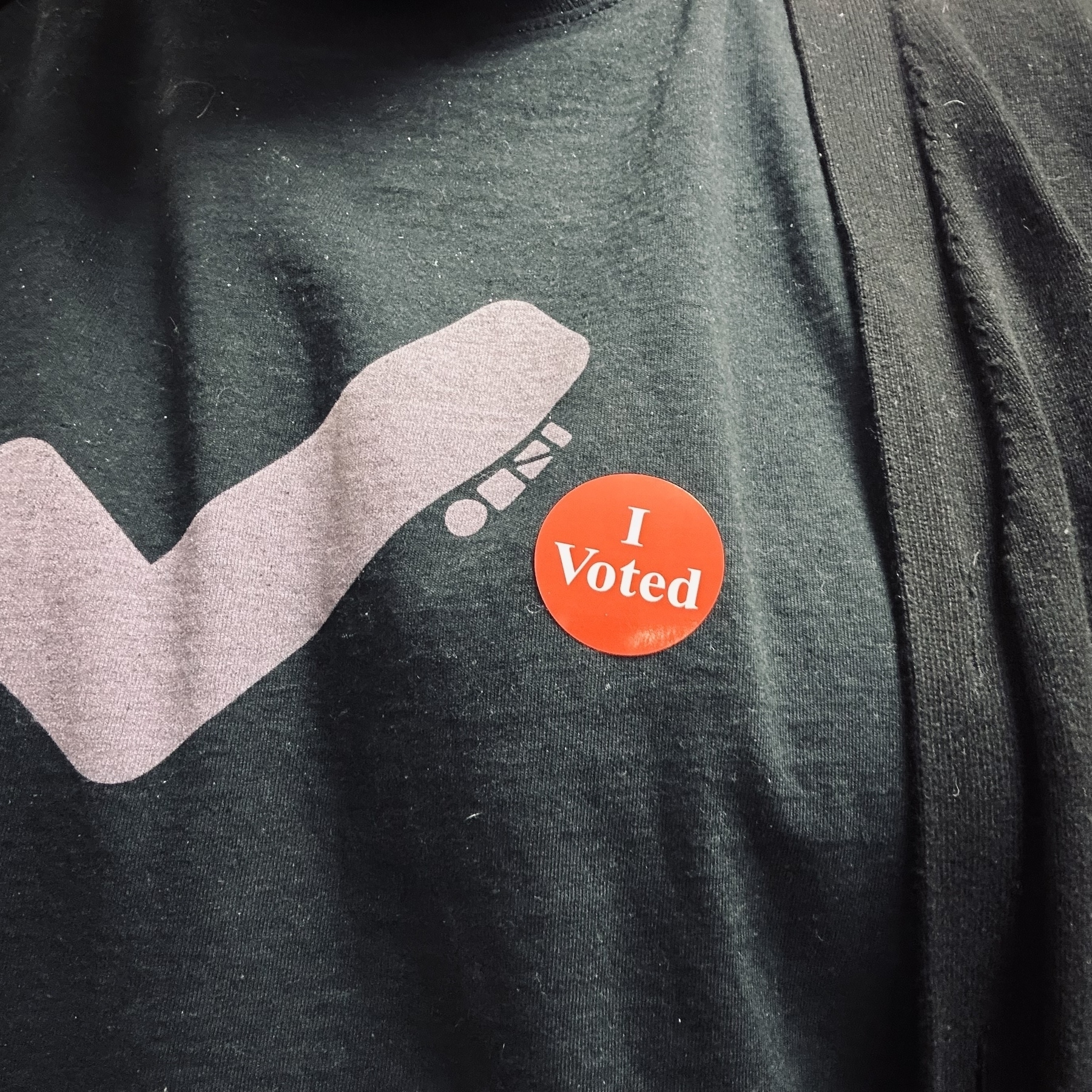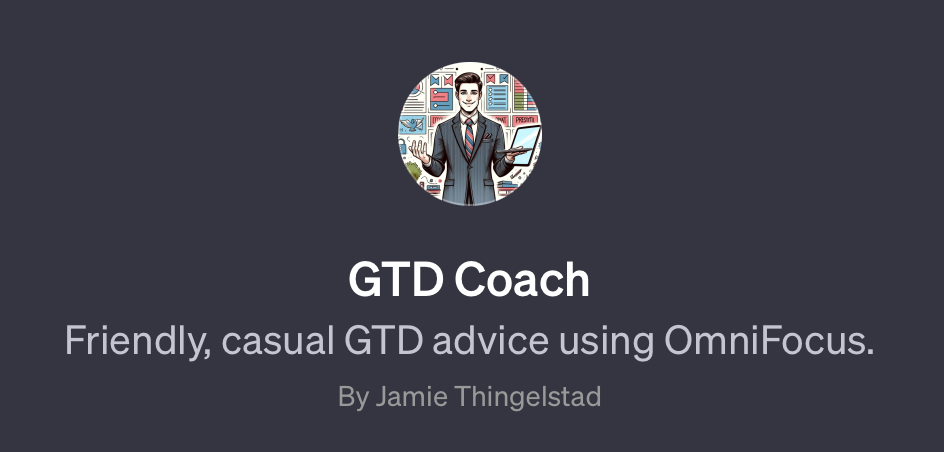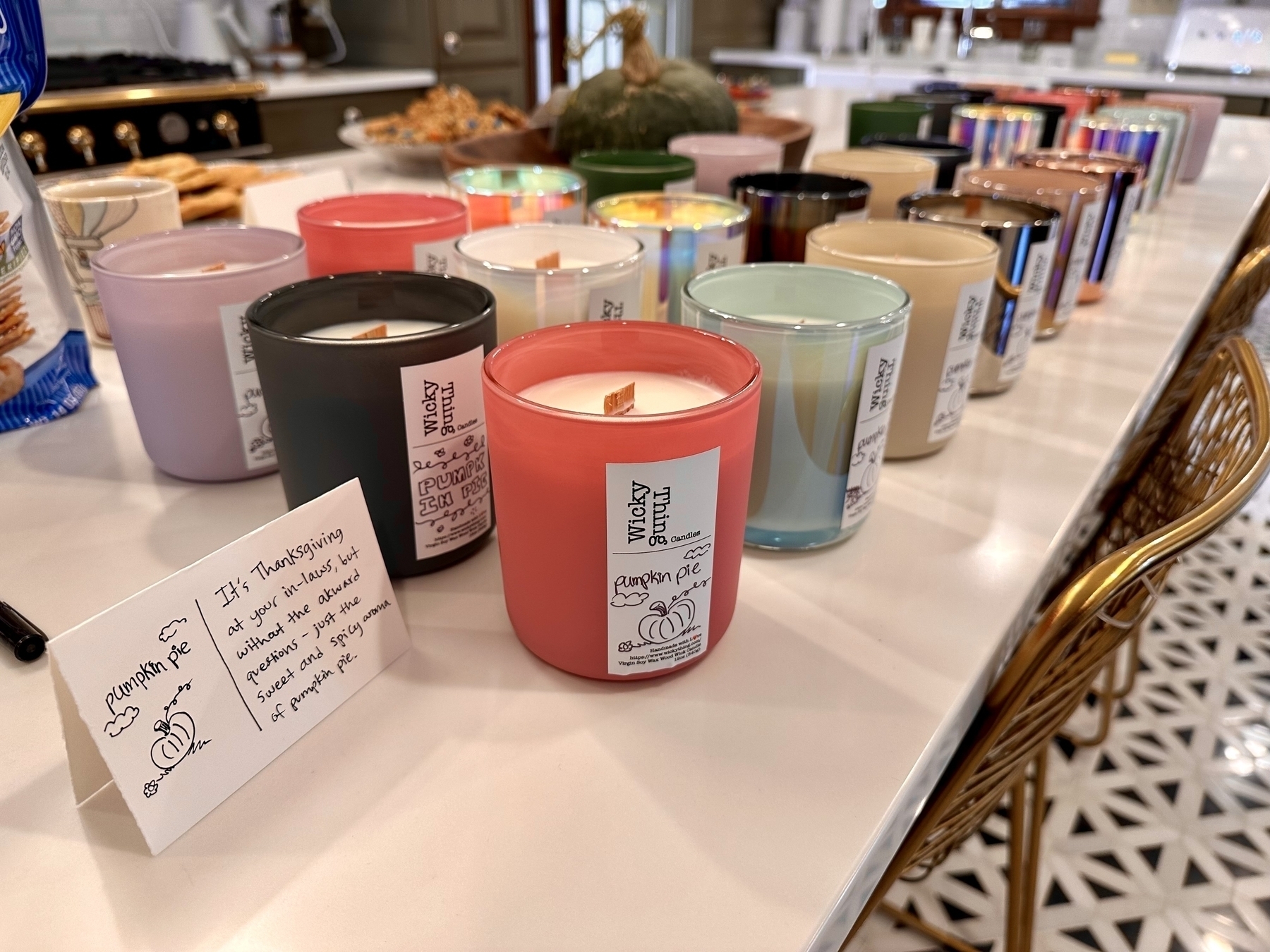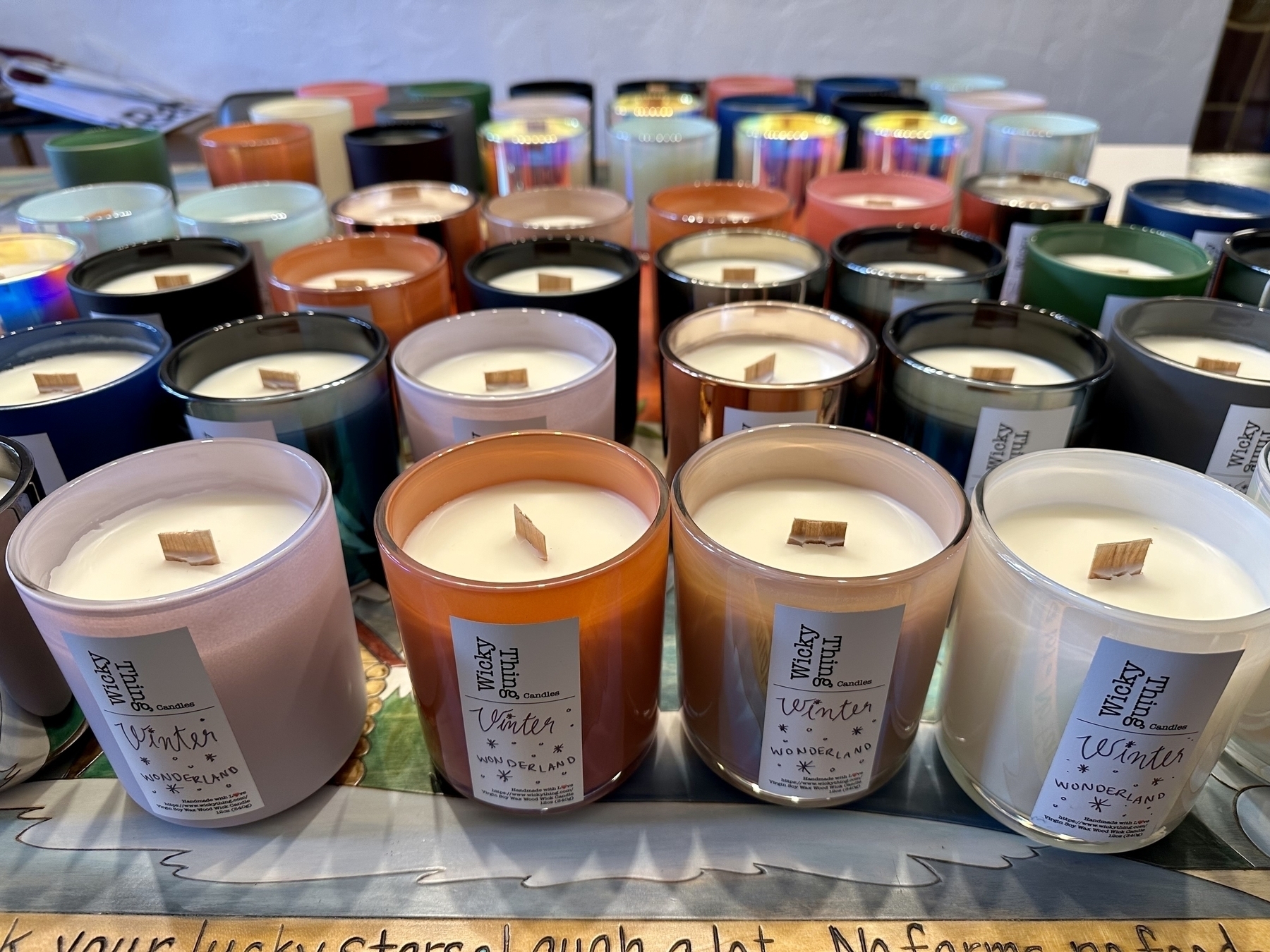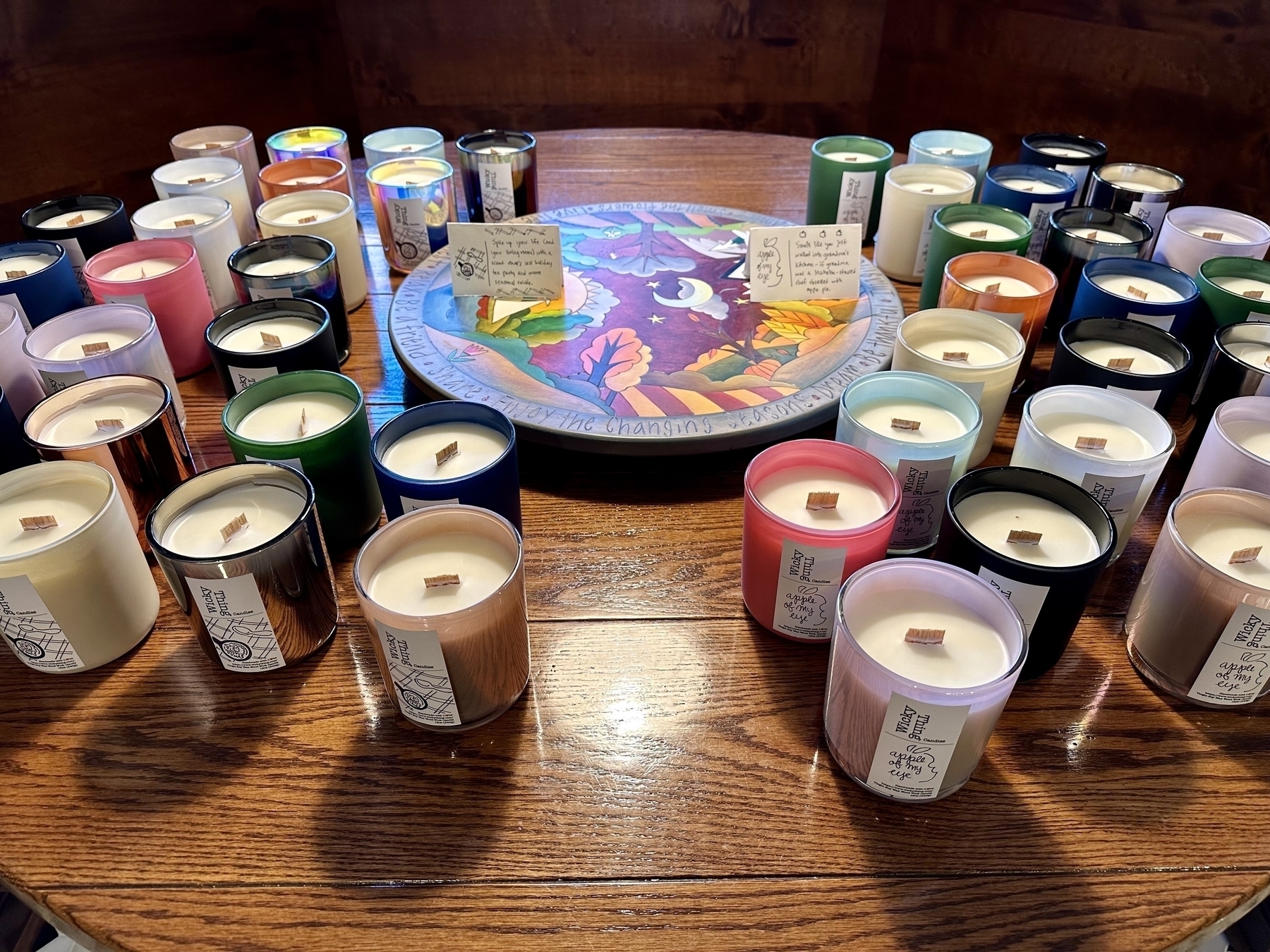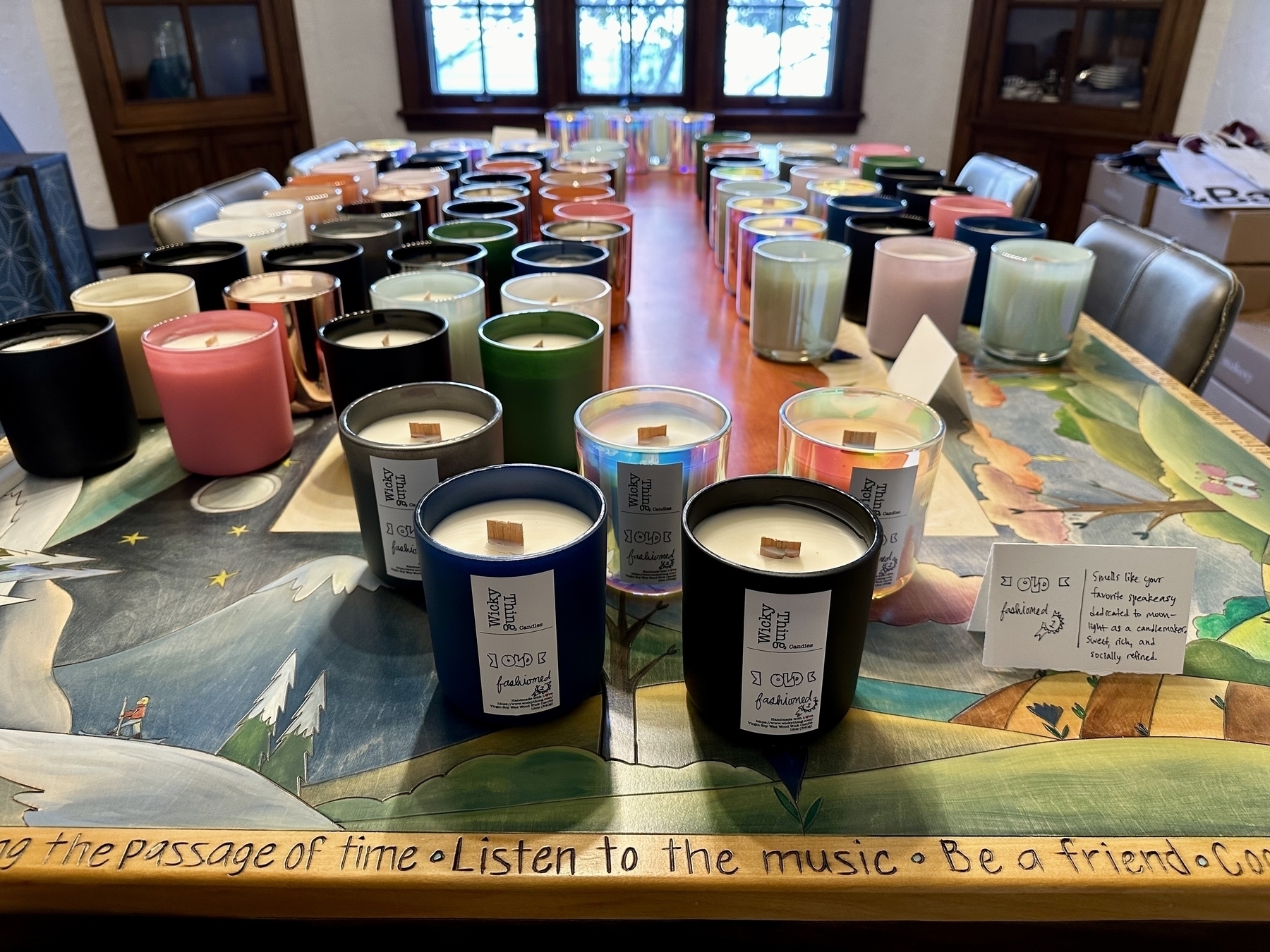We had a nice hike in the woods of the Bass Brook WMA just across the dam at the Pokegama Dam & Rec Area. It was a nice way to enjoy the late fall afternoon.
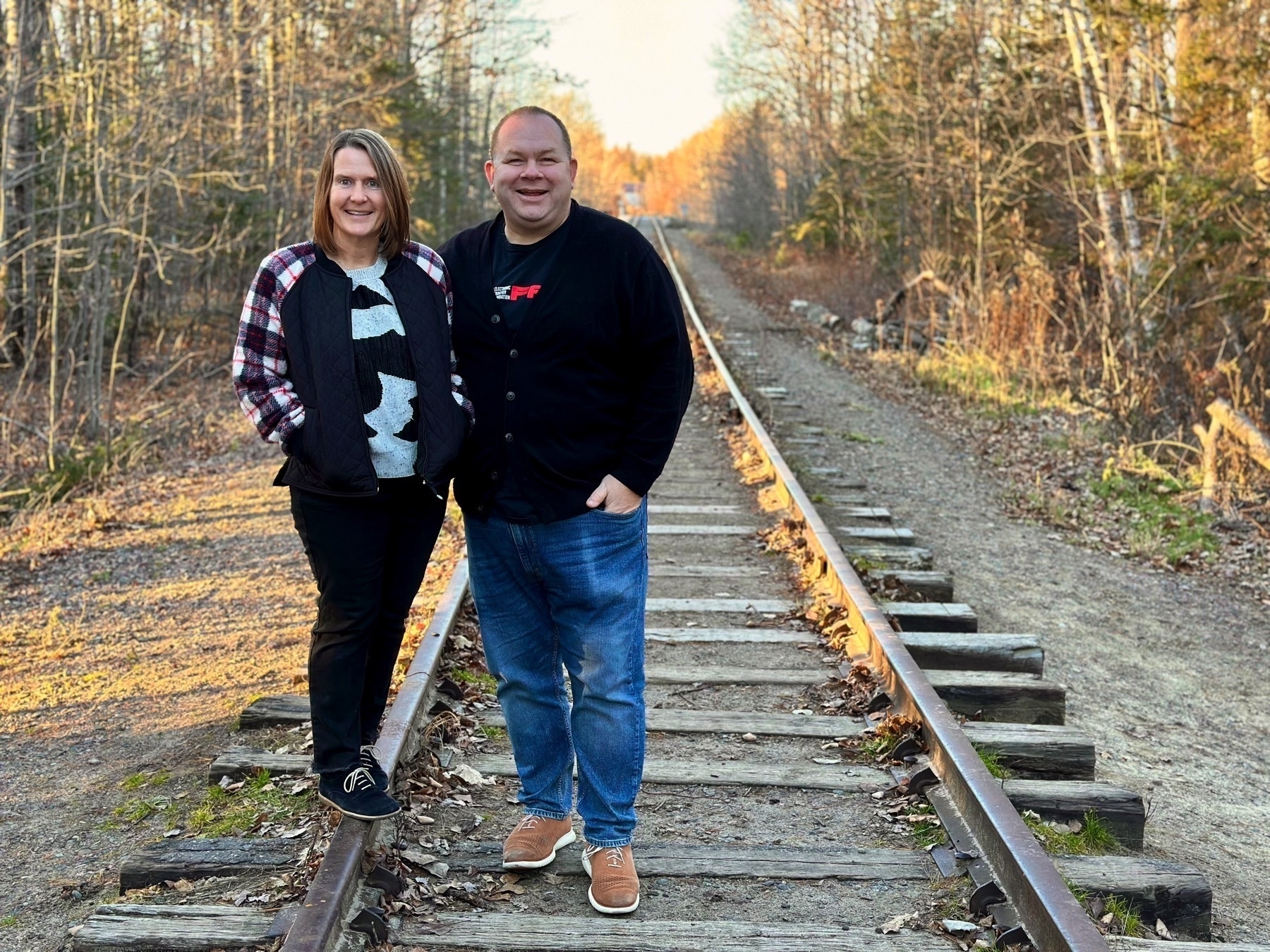
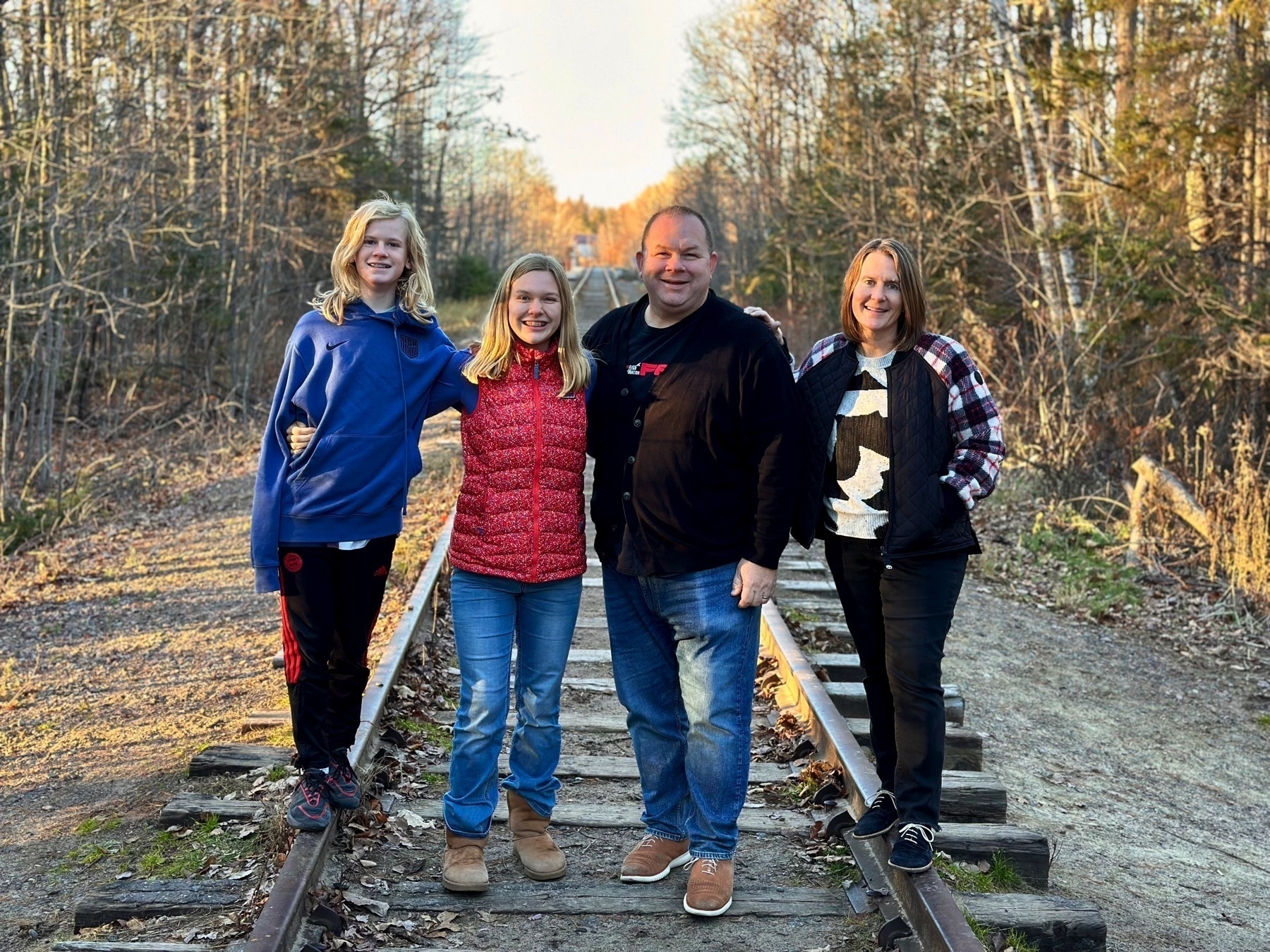

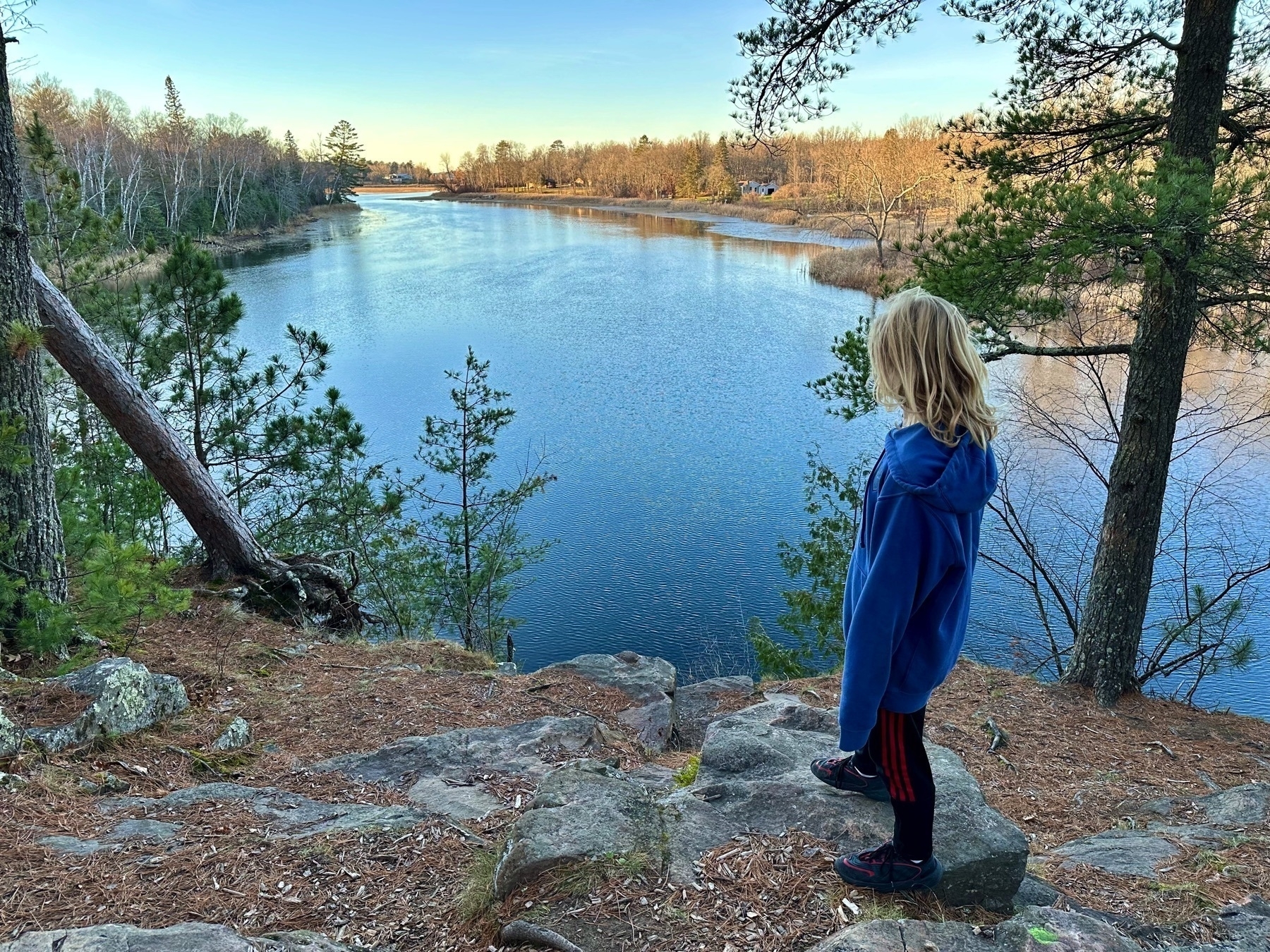
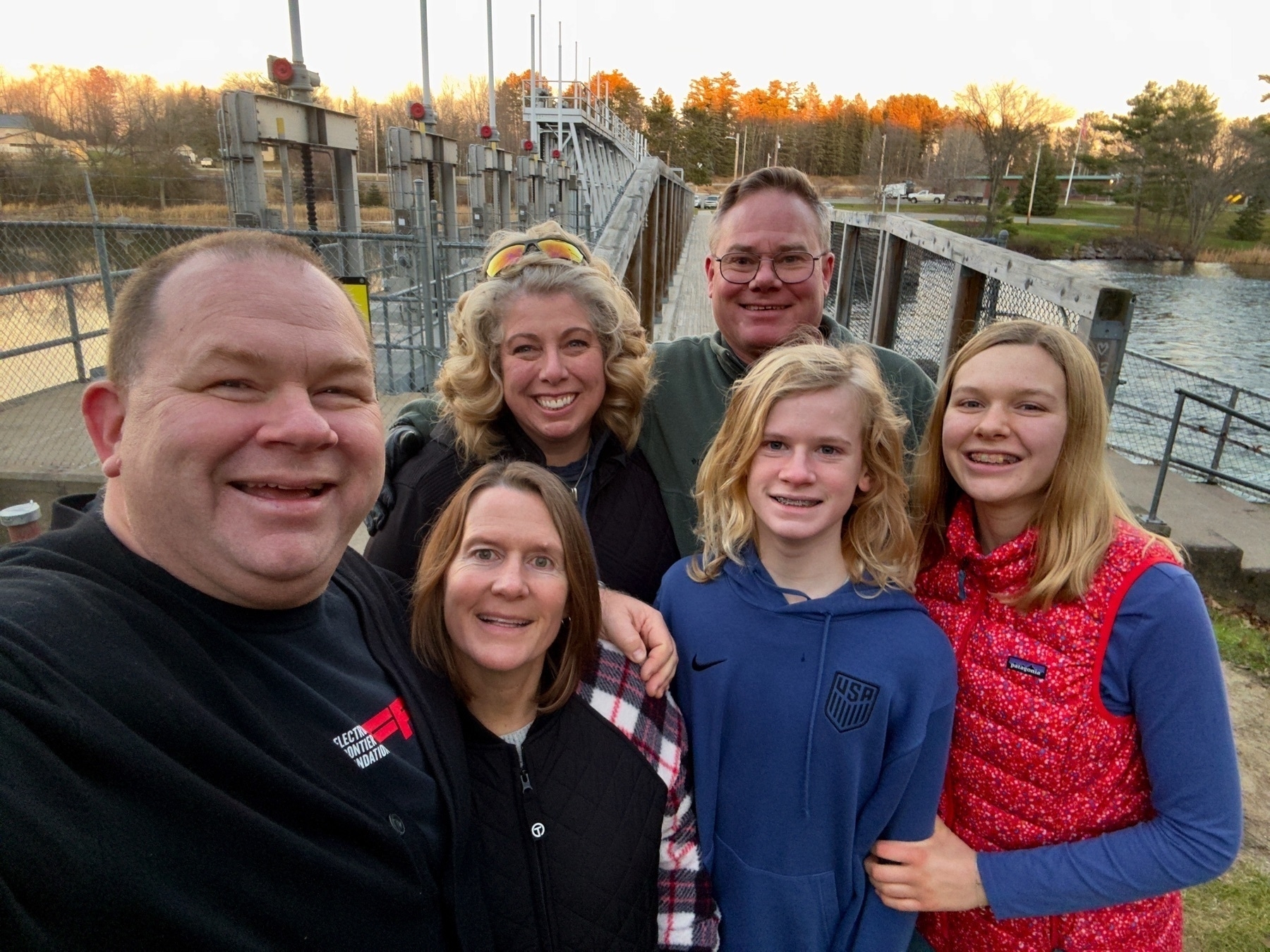
We “successfully” solved Bigfoot’s Backyard Escape Room and helped Bigfoot find Littlefoot. The room had some challenges, but we still had a good time and were laughing up a storm at the end. Room 54!
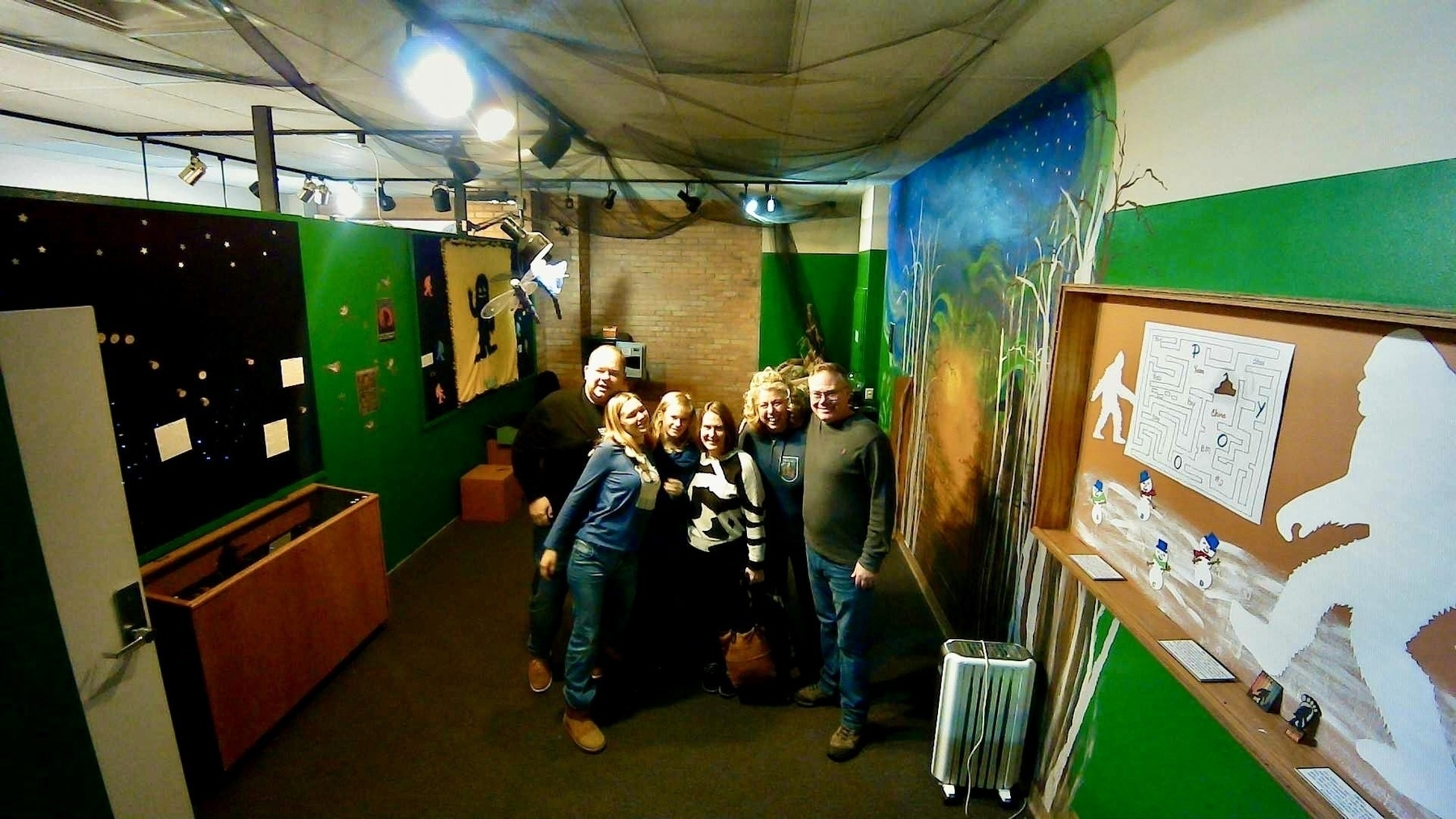
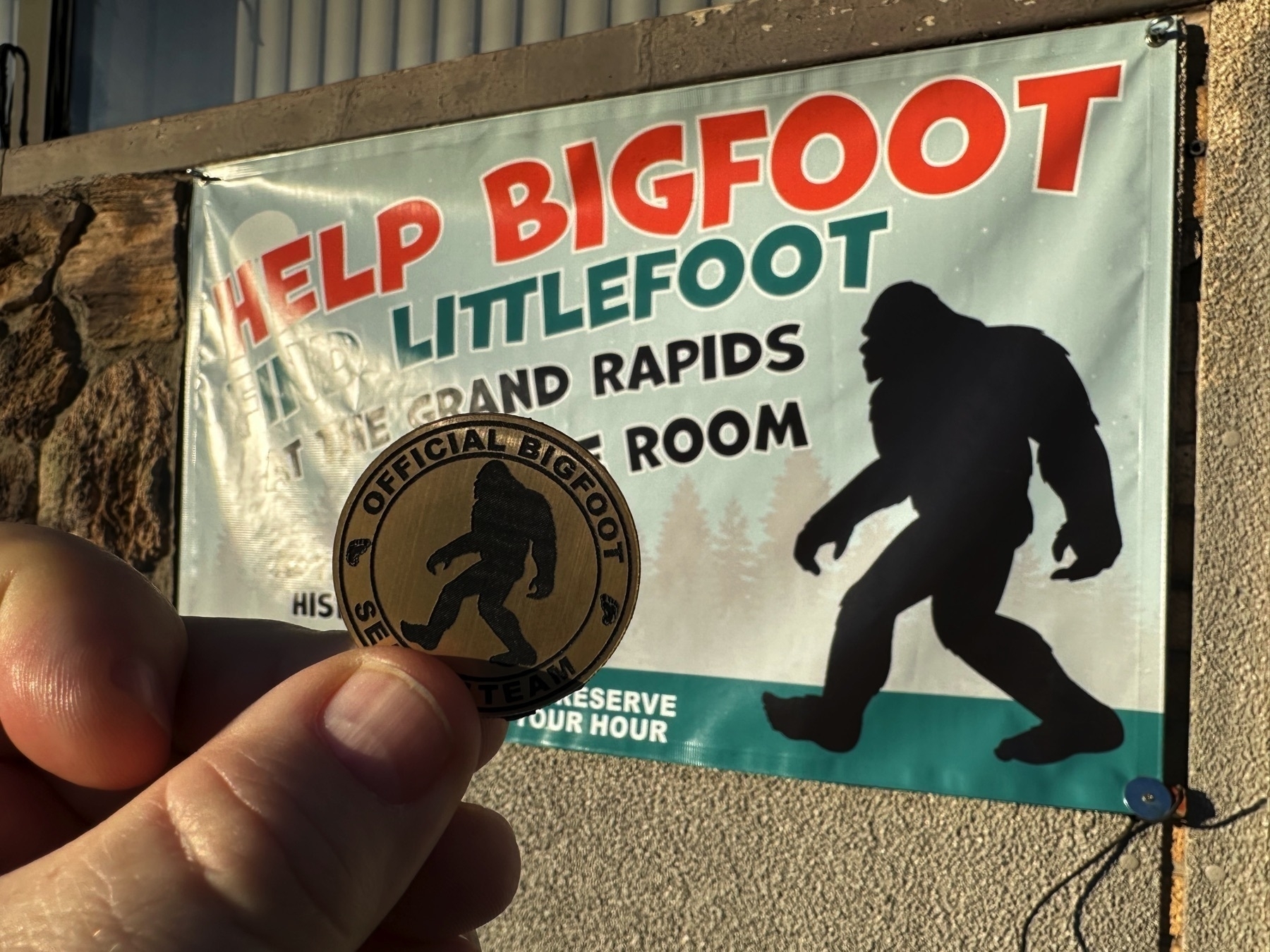
Good Leadership Breakfast: Archie Black
It was great to hear from Archie Black at the Good Leadership Breakfast this morning. I had never been to a Good Leadership event and I thought it was great: informative, fun, and the format was engaging. I’ll definitely be back.
The discussion with Archie is what brought me there which was fabulous. Good Leadership even collected feedback on Archie’s success habits.
Success Habits
- People first: training and education matter
- Stay focused: don’t do things that don’t fit in the bullseye
- Stay calm: when did “hard” become “bad”?
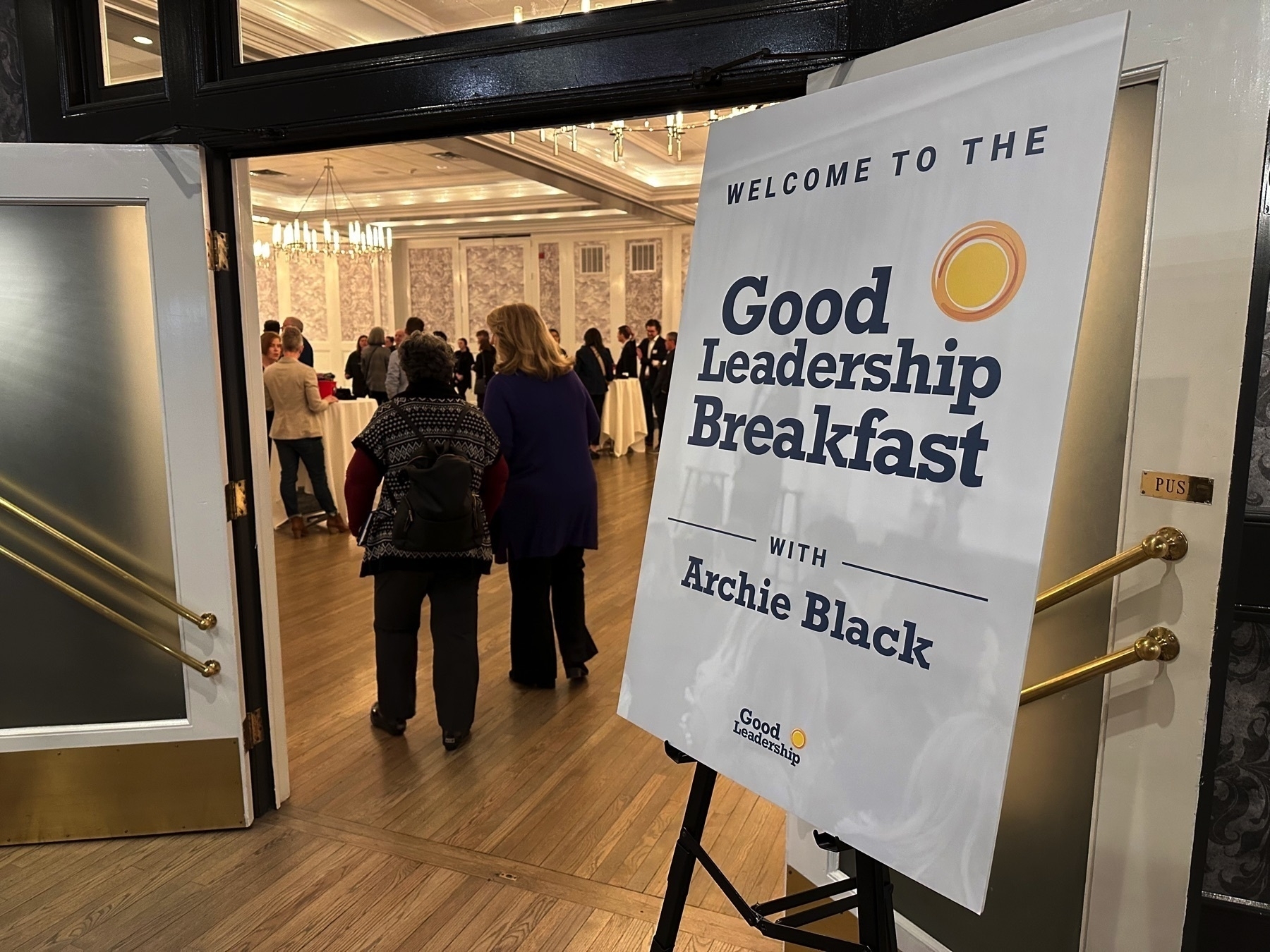
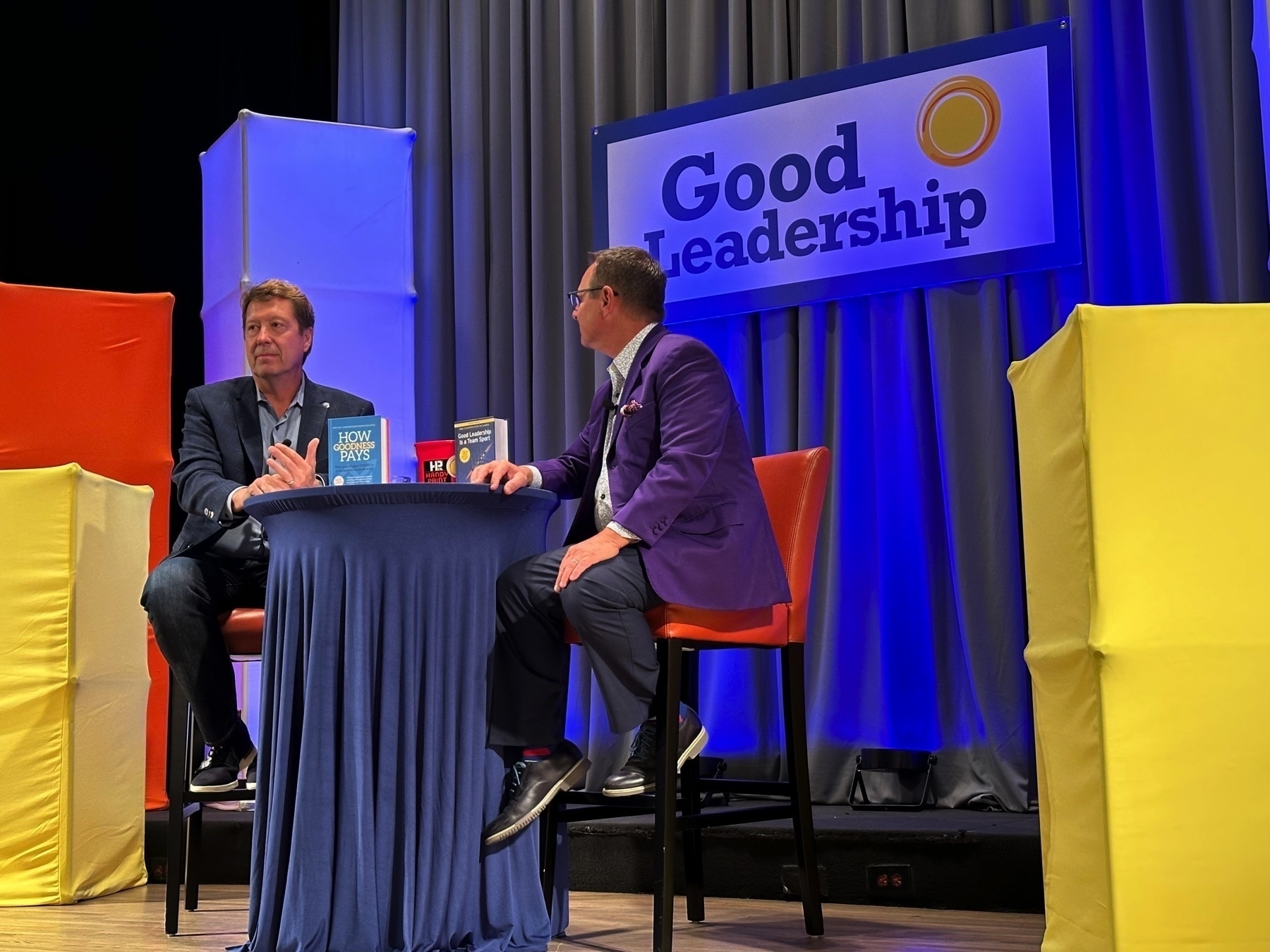
TeamSPS group photo at MnTech Tekne Awards!
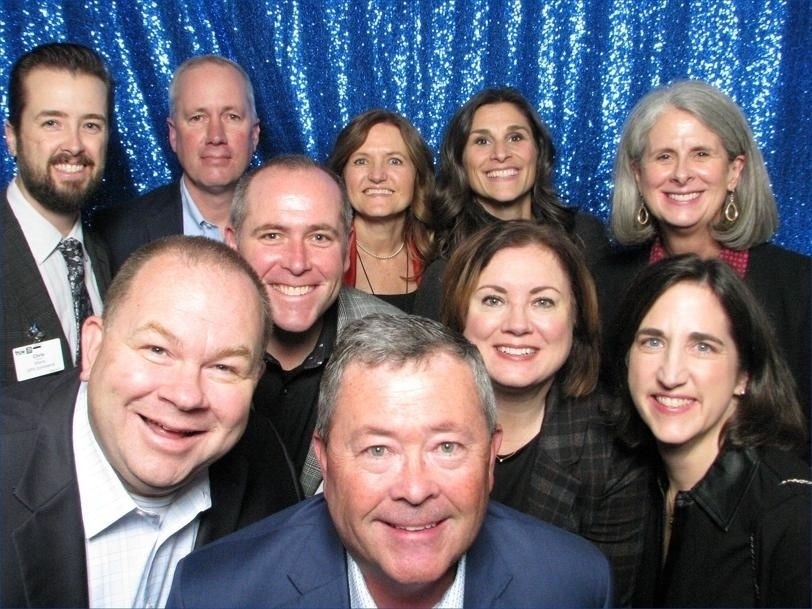
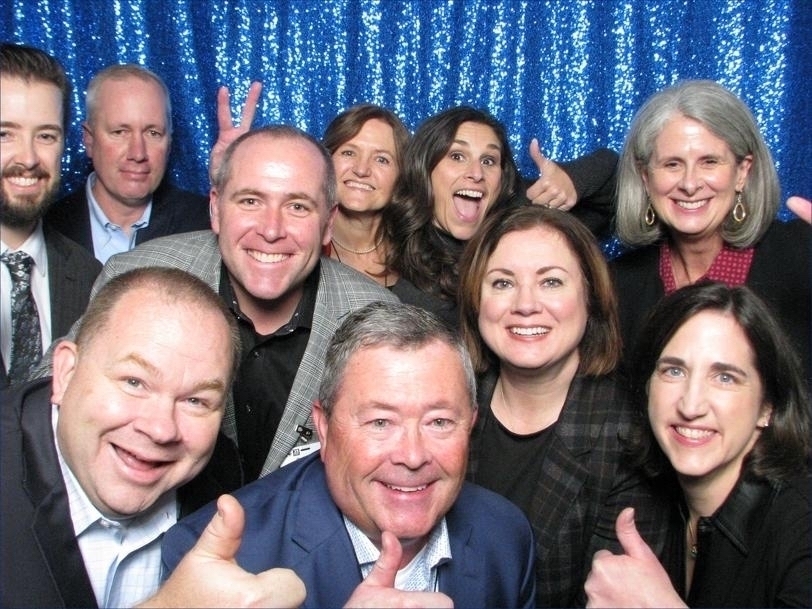
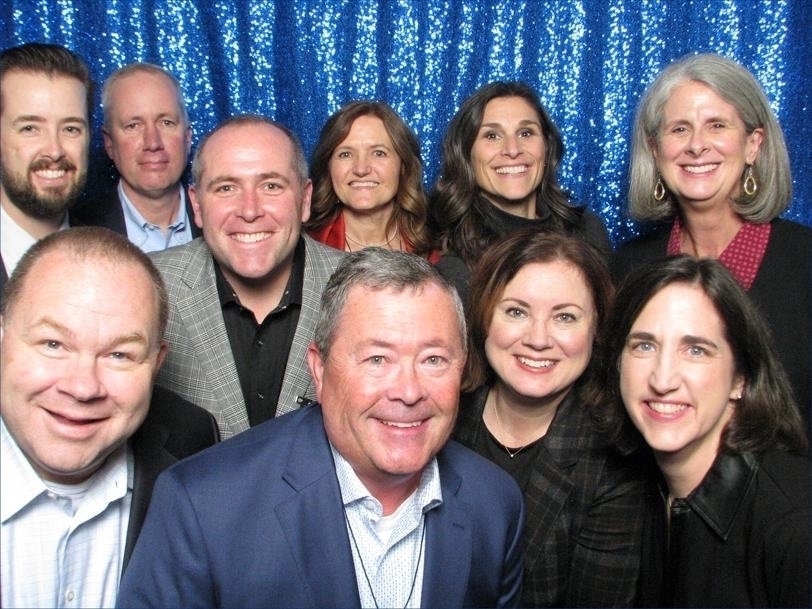
We had an incredible day at the Microsoft Technology Center learning and exploring the many AI offerings we can use, and much more. Impressive stuff that left my mind spinning.
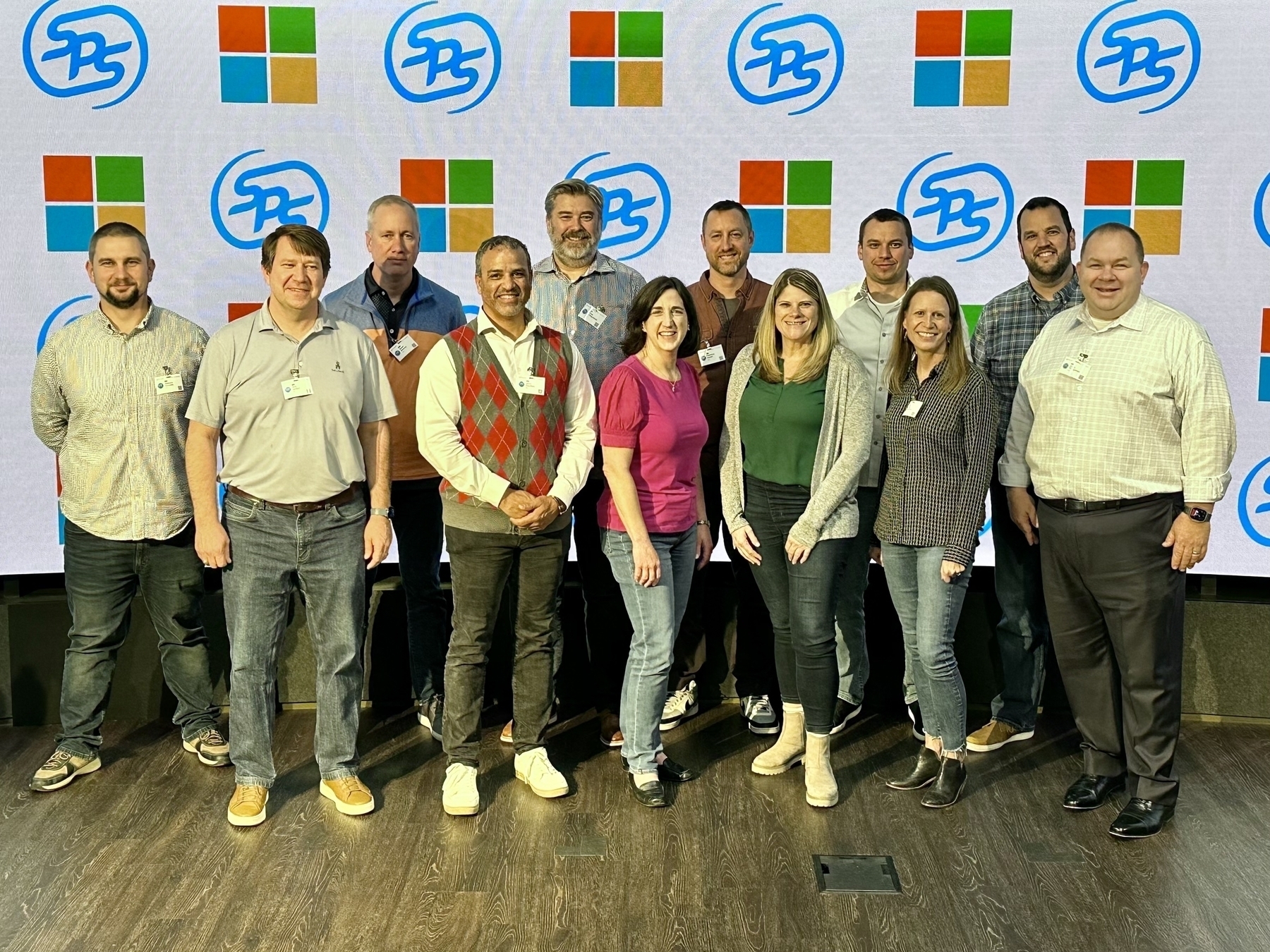

This AI display at the Microsoft Technology Center is a great way to show real-time AI capabilities. It showed picture description, object identification, speech recognition, and language translation in real time.
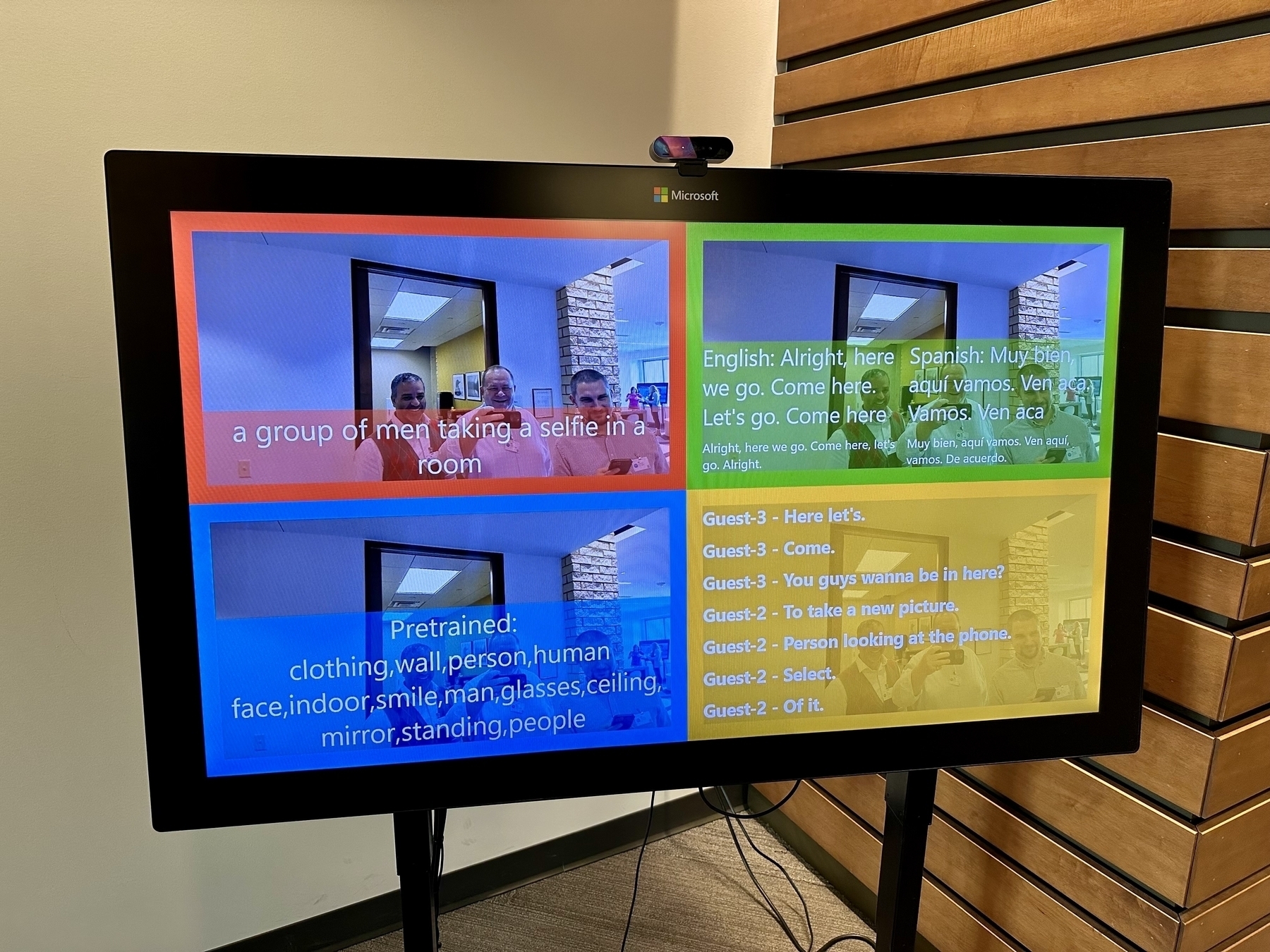
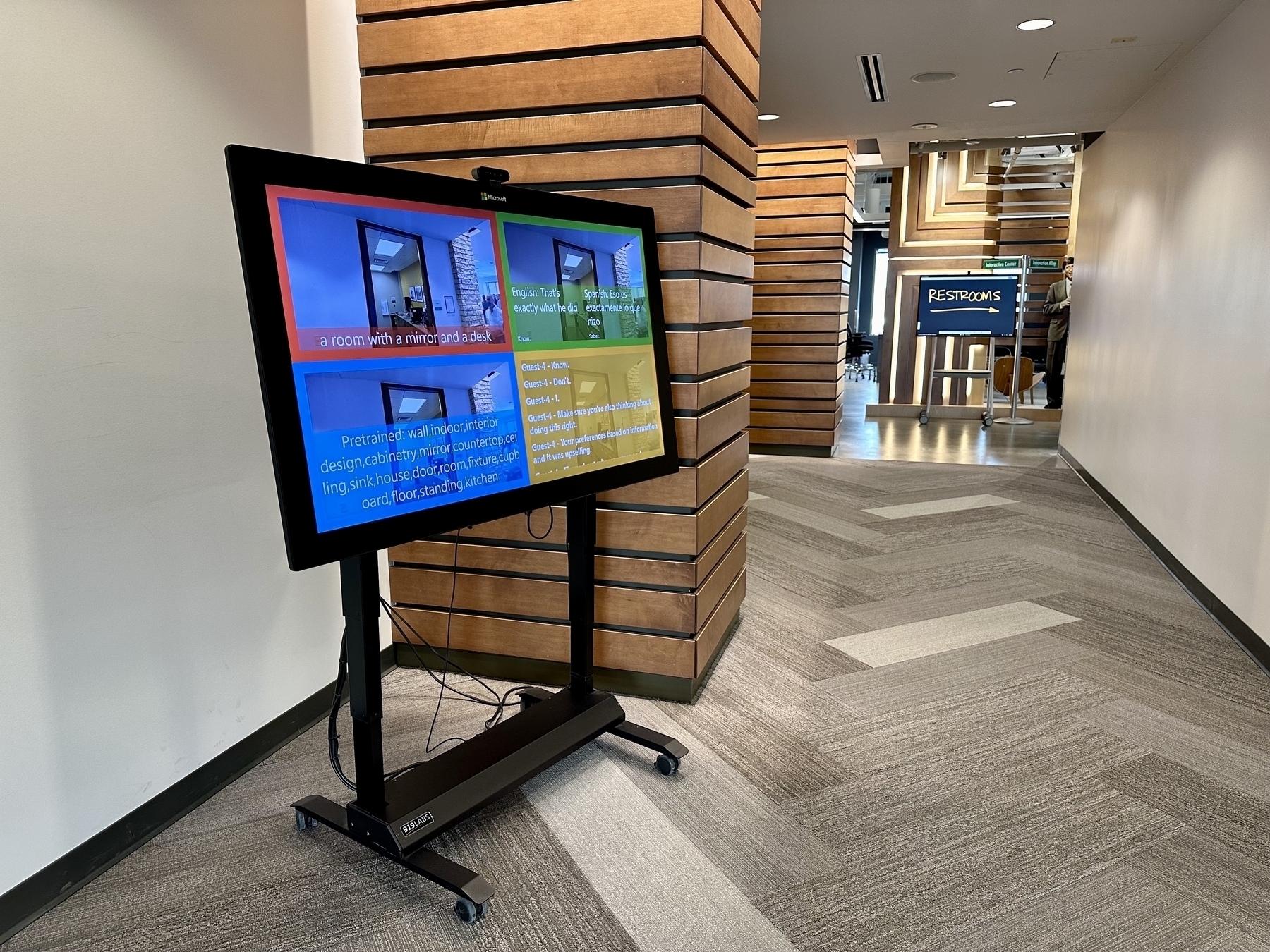
It was cool to get a tour of Worthington Aviation, an Air T company, today. It was impressive to see how they maintain and resell airplane parts. I had never seen a flight recorder or landing gear up close. 🛩️
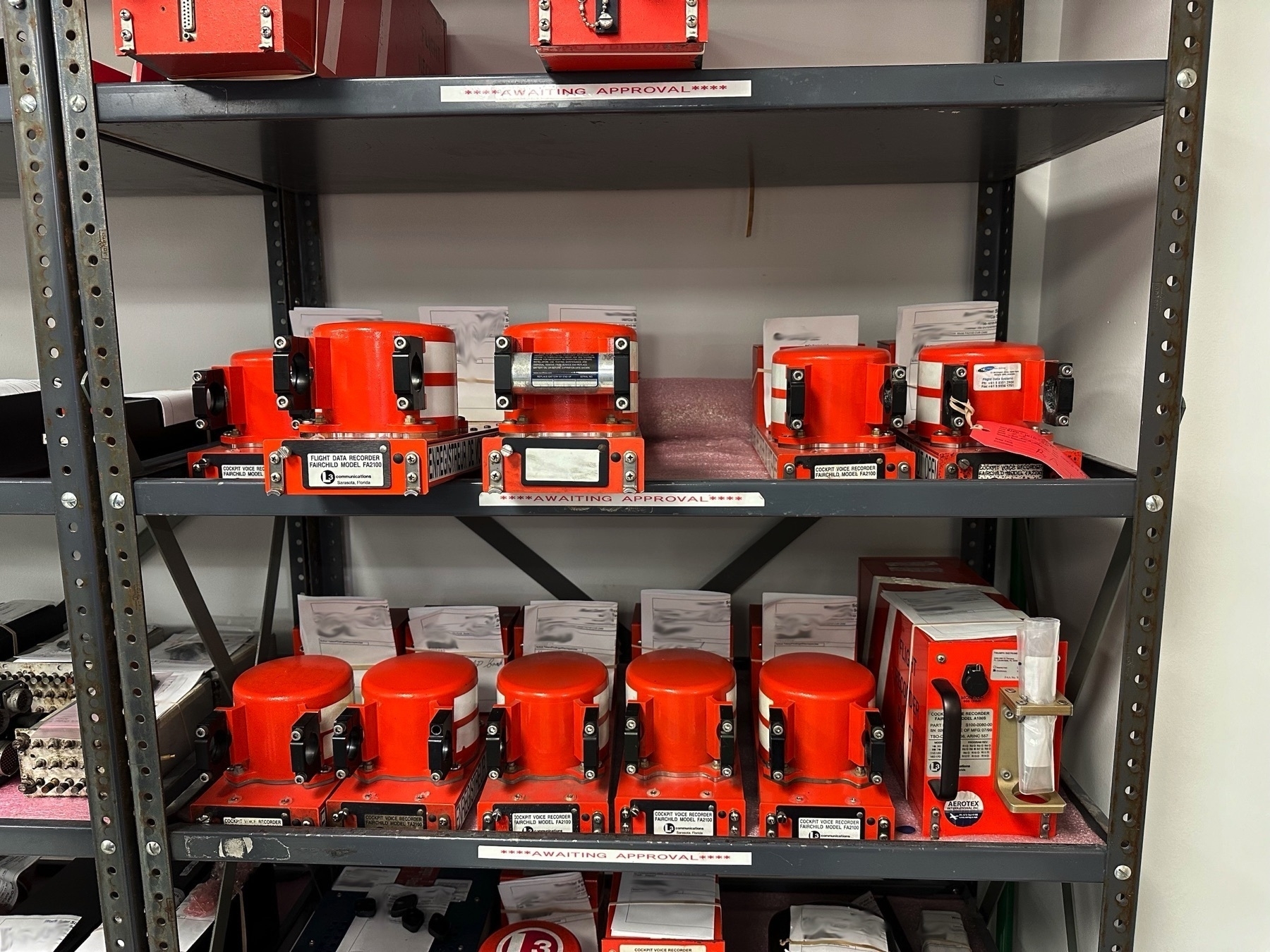
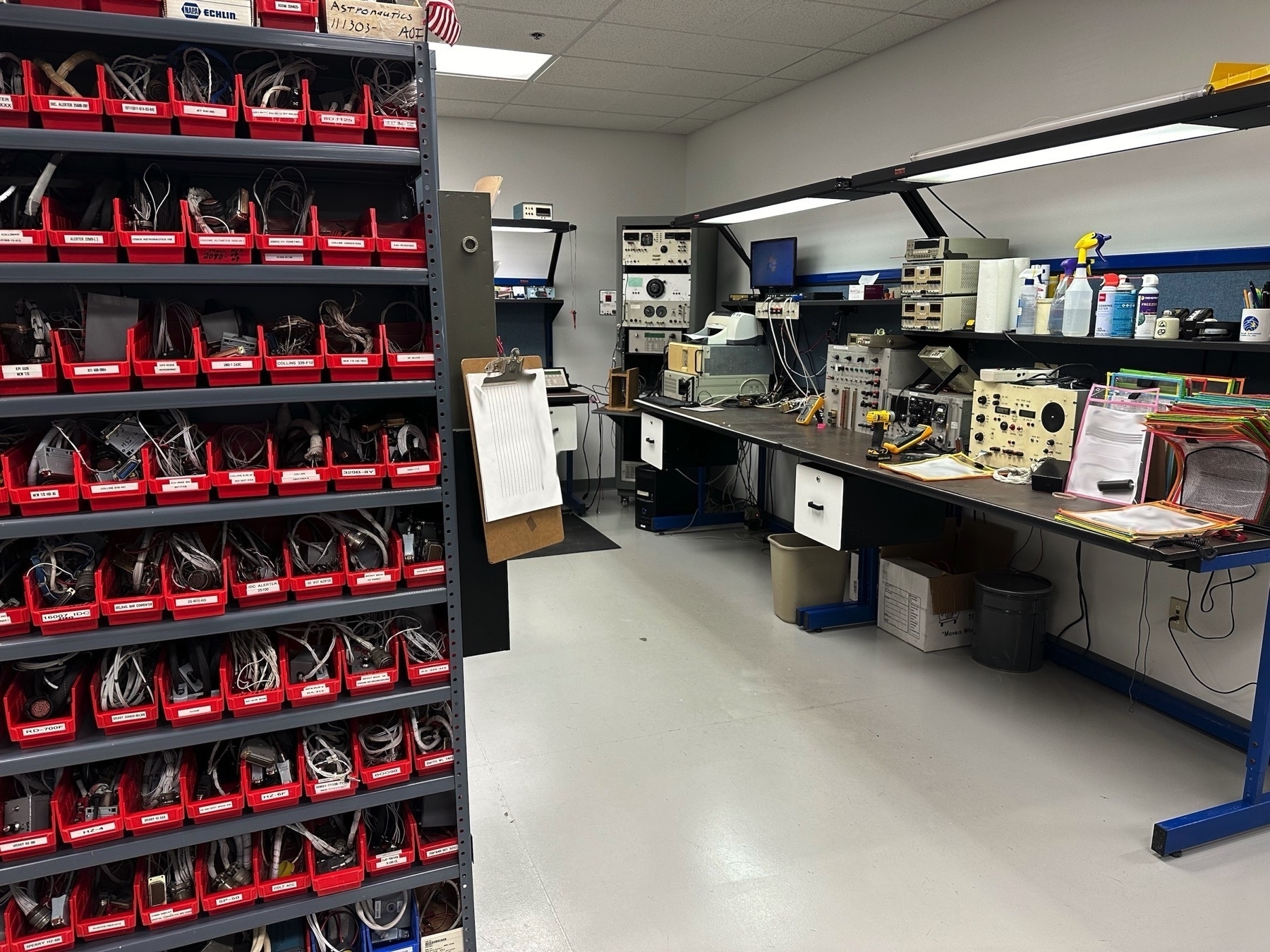
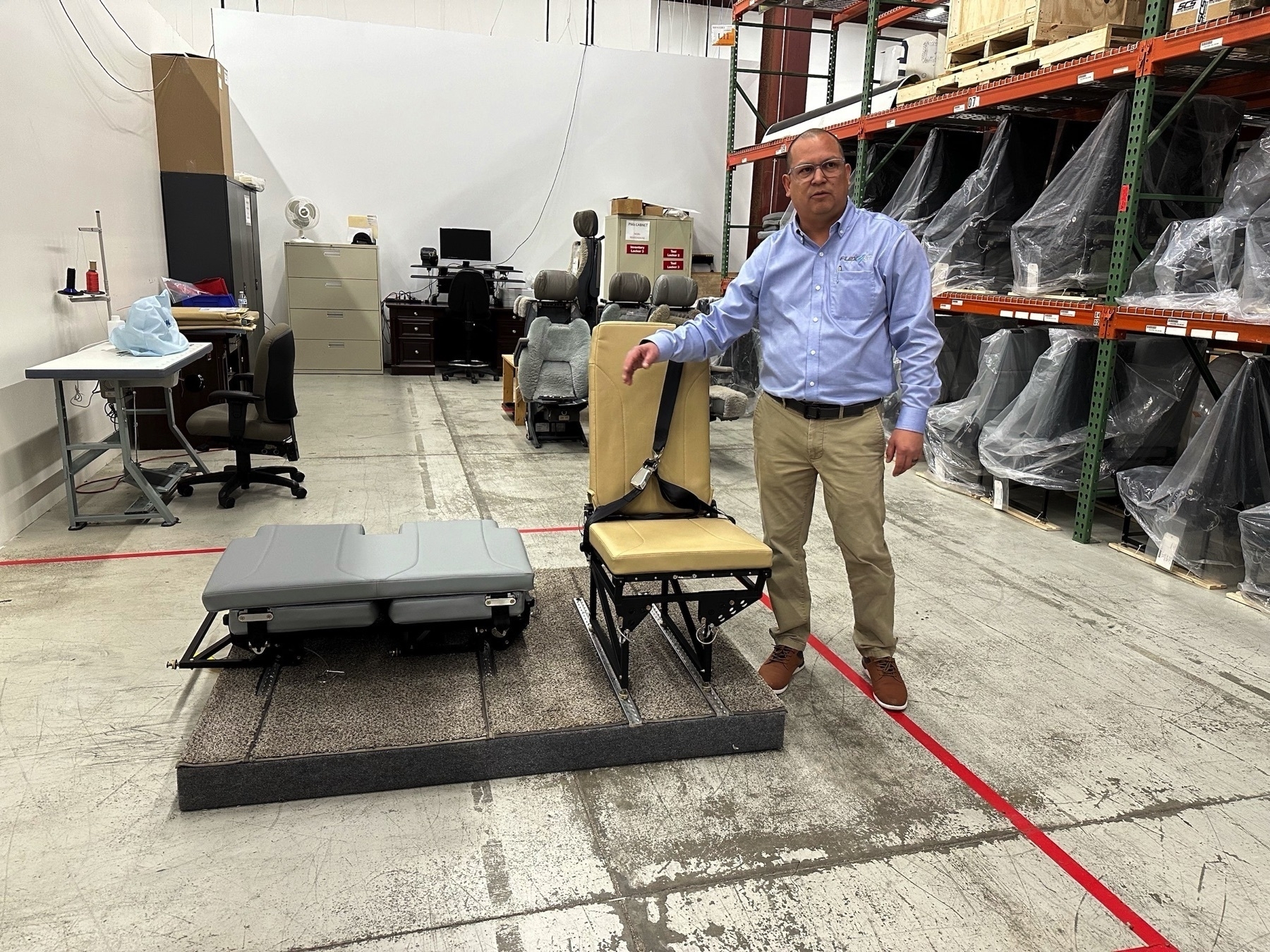
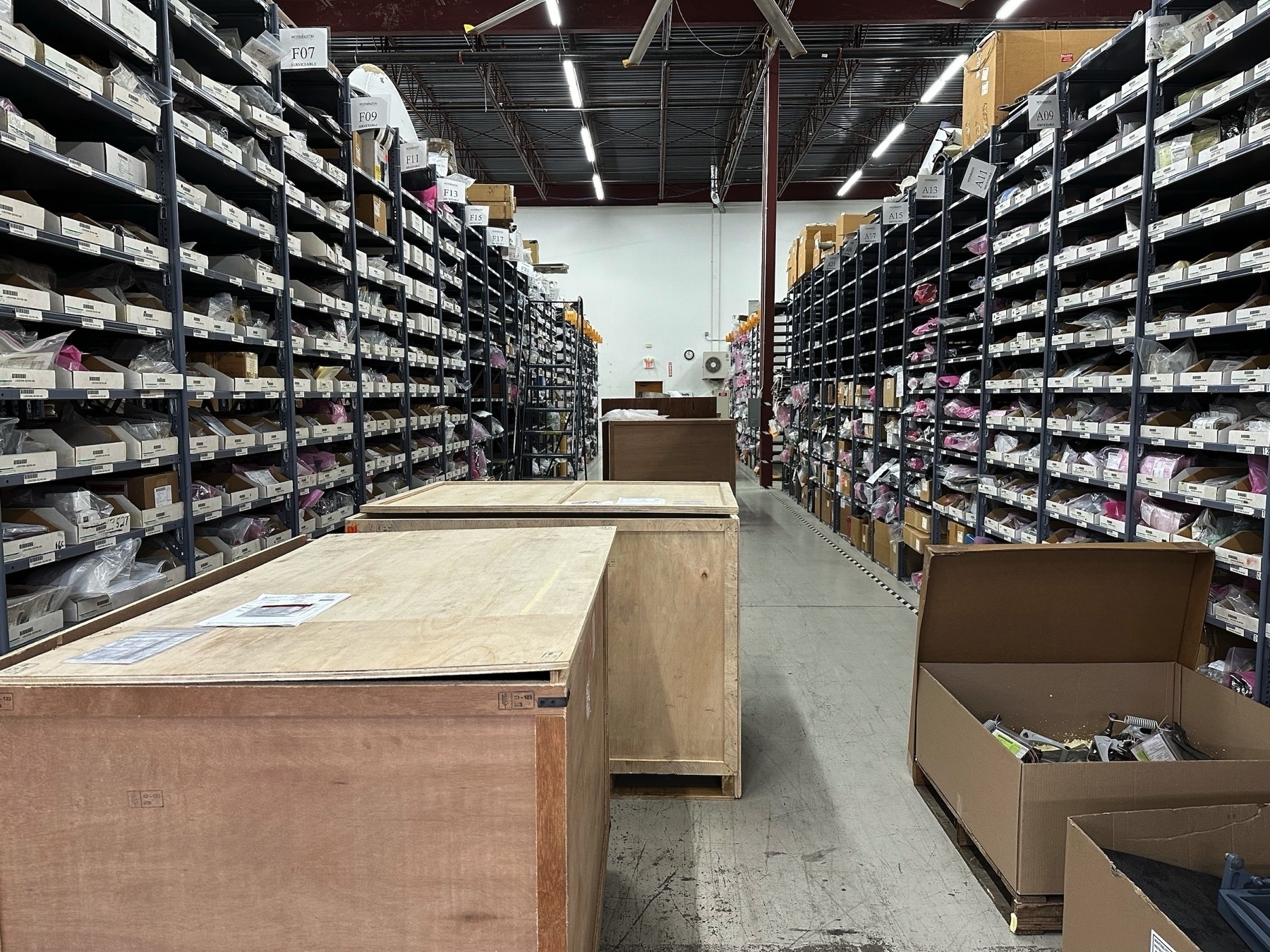
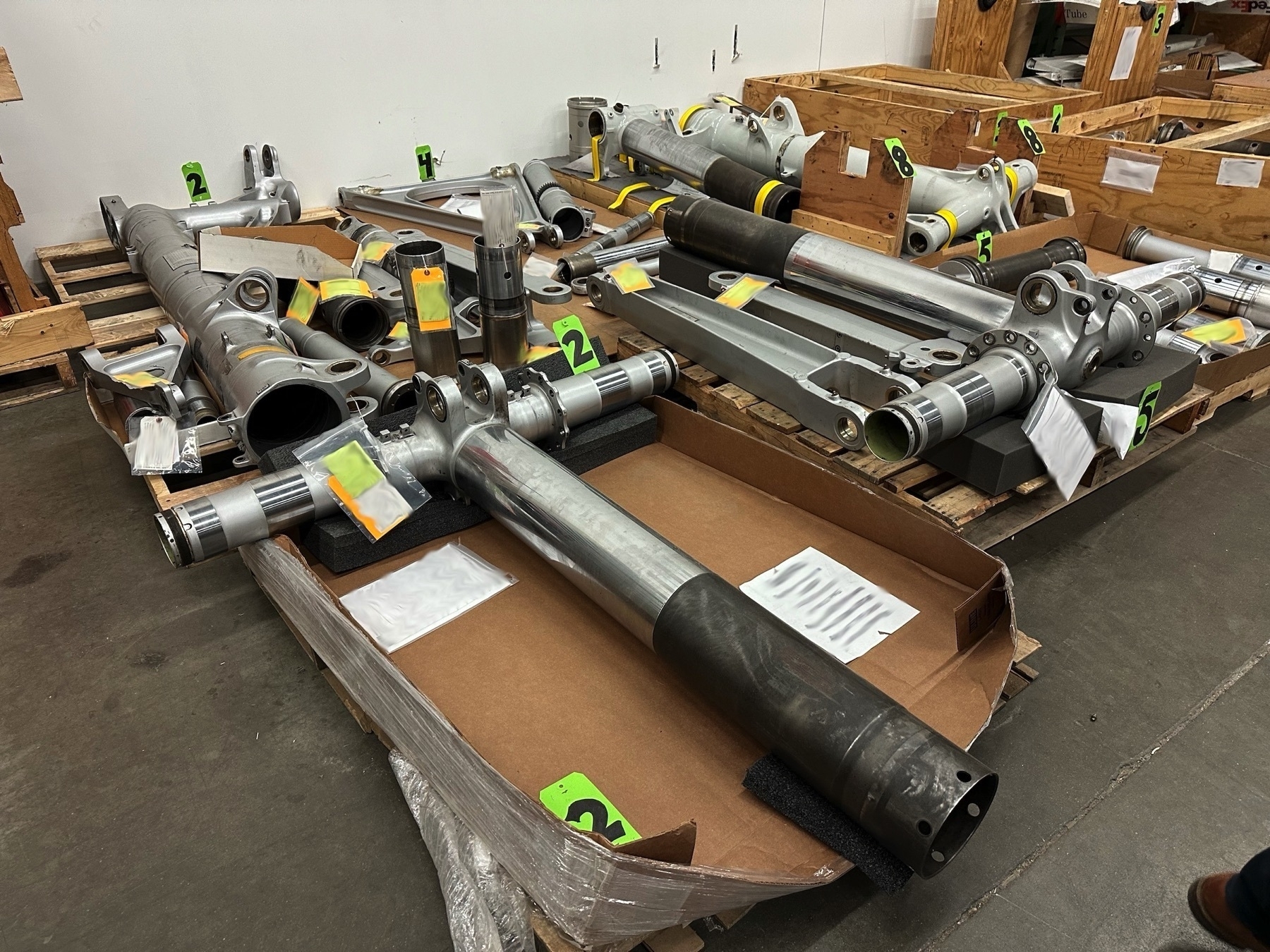
It was a gorgeous afternoon for a walk in the Natural Lands at St. Olaf with Mazie.

Things 4 Good 2023 Fall Fundraiser Results
We completed our annual candle sale and, in total, raised $5,755 for the four organizations we picked! That is around a 10% increase from 2022! A huge thank you to the 52 folks who made this possible by purchasing a handmade wooden wick candle!
As in previous years, we asked people which organizations they would like to support. People could pick any number or all of them. This year, we even have some folks request specific allocations versus dividing it equally.
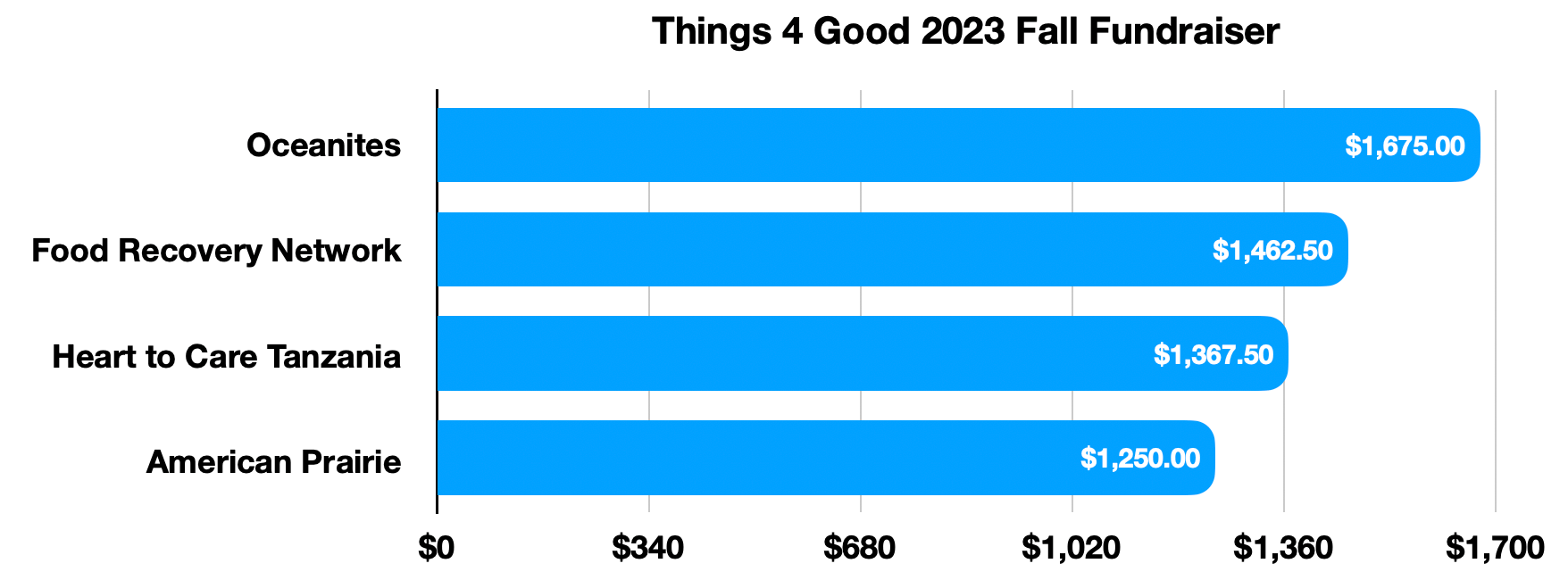
Also see 2023 Fall Fundraiser Insights for more information.
A bit more about each organization…
Oceanites supported by Tyler
Oceanites is a non-profit that helps the entire Arctic peninsula, though penguins are their first priority. They are trying to help with the warming Arctic.
Food Recovery Network supported by Mazie
Food Recovery Network has spread to over 200 colleges in the United States after it was started by 5 college students who realized perfectly good cafeteria food was being thrown away and had the genius idea to actually do something about it! Volunteers at colleges (of which I am one!) pack up extras from their cafeterias and send them to community food shelves to feed hungry people in their communities. FRN directly funnels food to those who need it instead of the waste yard.
Heart to Care Tanzania supported by Tammy
Heart to Care was founded by a woman from the Twin Cities. I read an article about her in the StarTrib a few years ago. She was on a trip to Tanzania several years ago and had a chance encounter with a young man that led her to partner with him and others to start a school in a small Tanzanian village. She works tirelessly to improve the school, expand the school and make sure that all involved have everything they need.
American Prairie supported by Jamie
I grew up on the prairie and have always been fascinated with Bison and these ecosystems’ strengths. I love what this organization is doing to help maintain and grow a thriving prairie ecosystem.
UniFi Protect First Impressions
I’ve used Ubiquiti UniFi networking at home for about five years. I’ve been very impressed with it, and when I heard that we were getting fiber installed at our cabin, I decided it was time to ditch the Eero network I had there and put in a UniFi network as well.
Since we’ve gotten our cabin, I’ve had a Dropcam, then a Nest camera, and then part of Google since they bought it all. I like seeing the driveway, the yard, the dock, and the boat. Particularly when there are storms. I’ve wanted to ditch the Nest cameras for a long time. I tried using a HomeKit solution, and that was abysmal.
Now, with the UniFi network in place and the Dream Router, which can run both the UniFi Network and UniFi Protect, I had an off-ramp from the Nest setup. I ordered three G4 Instant cameras and installed them this weekend.
My initial impression of UniFi Protect is very positive. Adopting each of the cameras was incredibly easy; they automatically updated themselves, and configuration was a breeze. I installed the UniFi Protect app on my iPhone and iPad to run alongside the UniFi network app. I was immediately happy with basic usability features like seeing all the cameras in a grid, controlling with more detail how each one behaved, and setting global defaults like I wanted them.
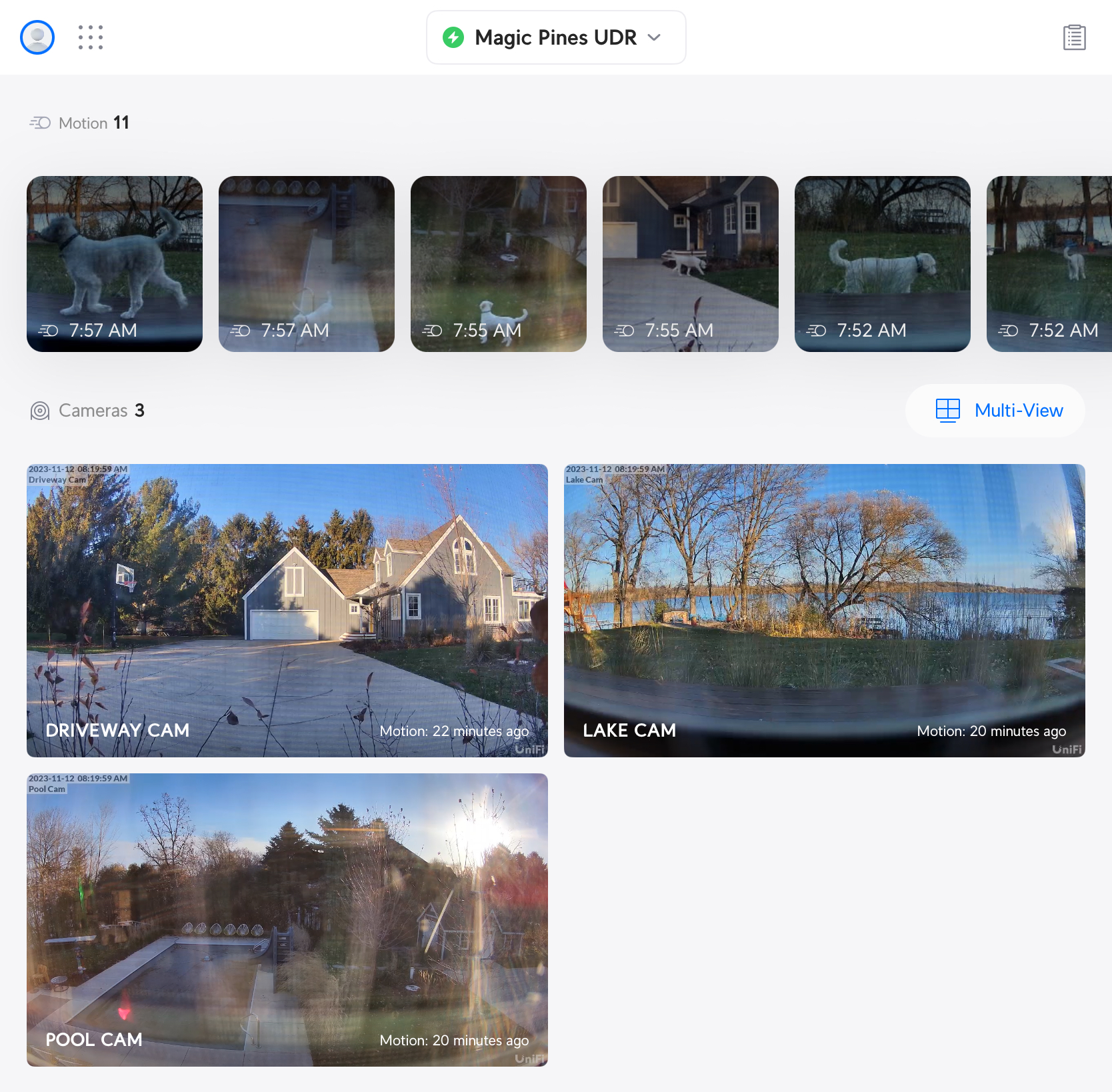
My initial setup was to place these on window sills, which is how I’ve used the Nest cameras for years. However, these cameras have a straightforward mounting system, including everything you need, even a sticker template to guide your drilling. It only took a few minutes, and I mounted this one on the shed.

It is a “weatherproof” device but not specifically rated for a Minnesota winter. I’m going to leave it out and see how it does. Many people online have said they have them mounted outside, and work fine. This is also slightly protected under the eve. The camera is just to the upper left of the door.
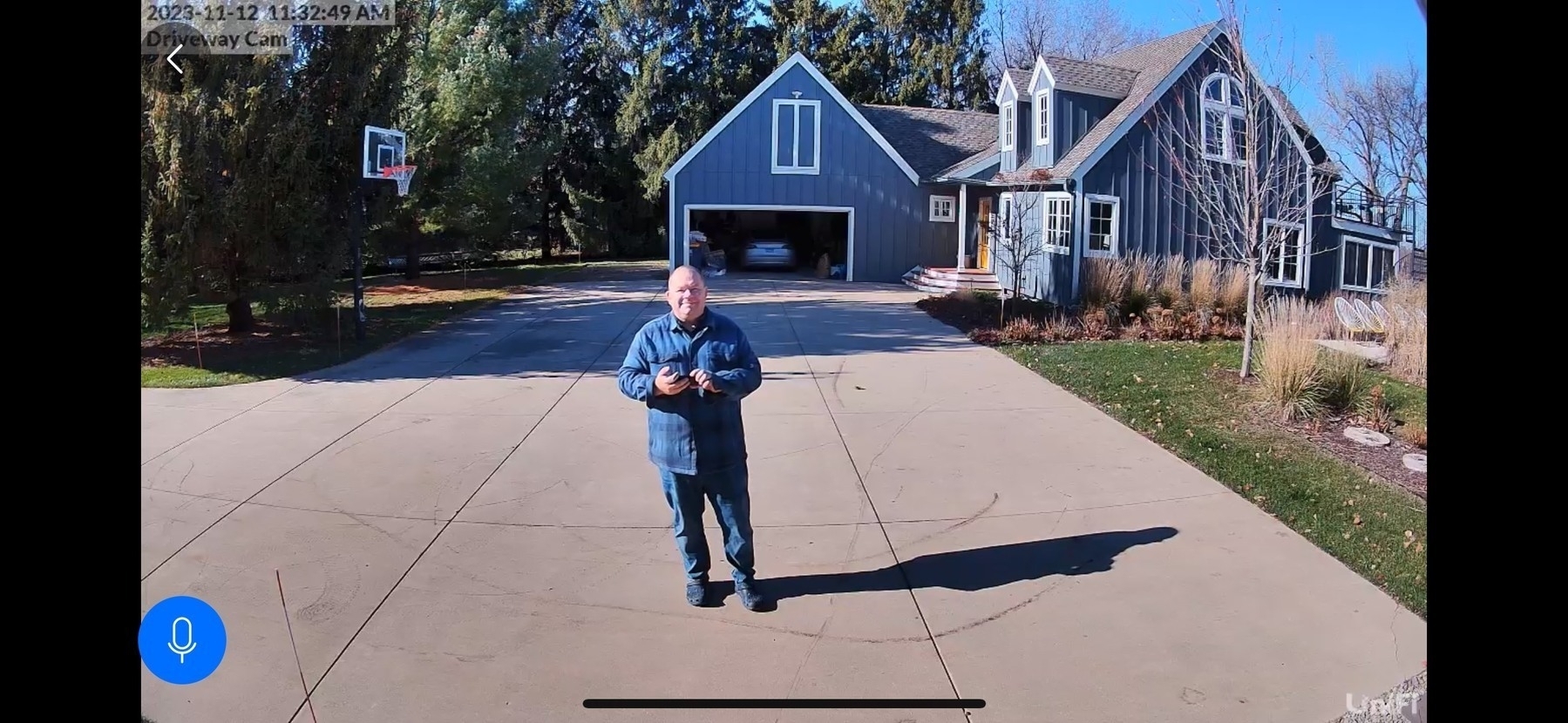
It didn’t take long to know this would be a far superior setup to the Nest cameras. I went ahead and pulled that system out entirely. Does anyone want some Nest cameras?
With this setup, I’m intrigued to figure out better mounts for the other two cameras and will likely add two more to have a full view of the property. However, the Dream Router only minimally supports UniFi Protect. It can get overloaded with just two cameras; I already have three connected. I need to figure out the best option to support a few cameras instead and get the network video recording option more robust.
Overall, if you need this type of setup, UniFi Protect is a great option.
We had a fun time watching Red Notice tonight. Fairly ridiculous and a fun time. 🍿
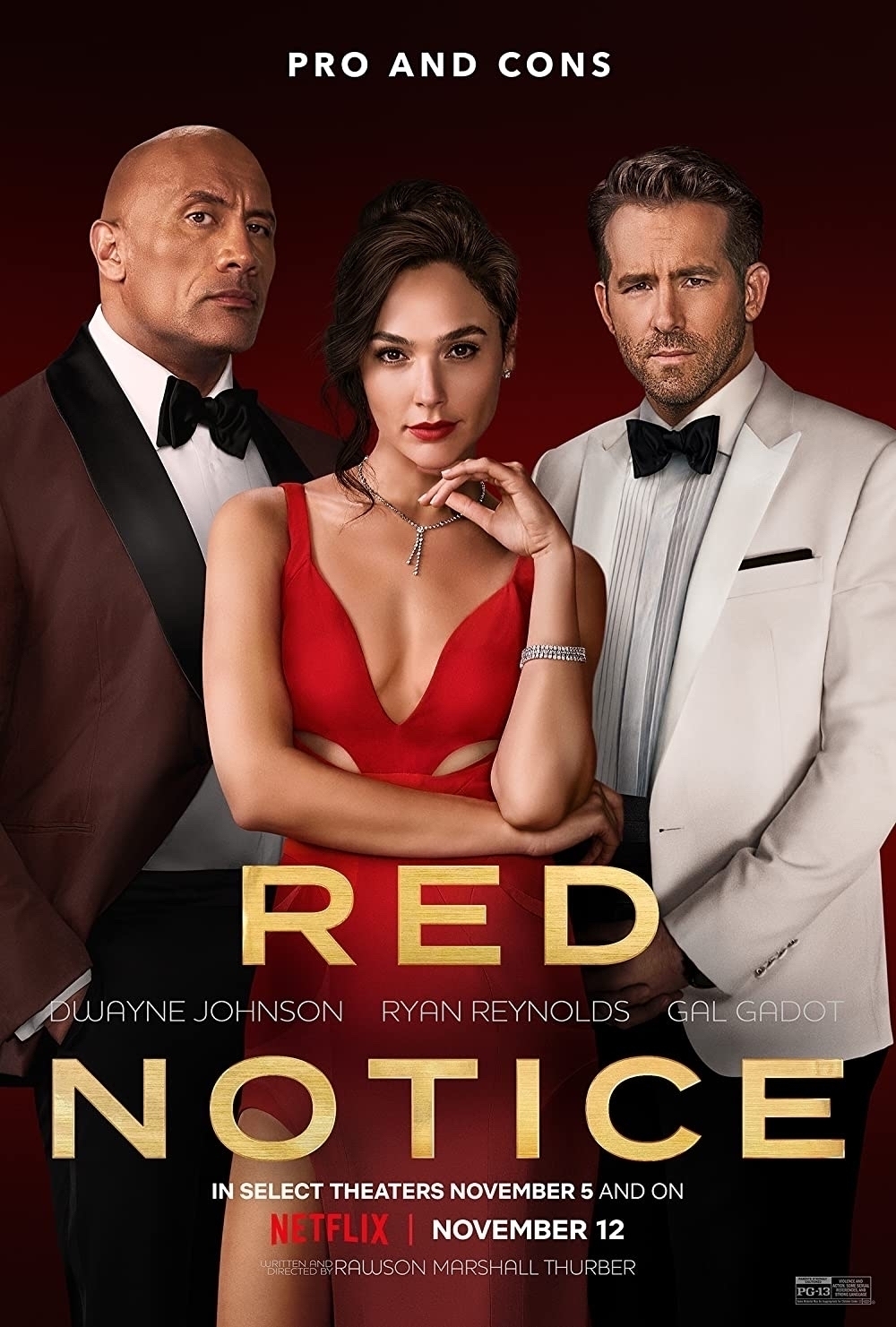
I created a collection of TeamSPS events page to easily connect all my blog posts from a variety of our annual events. Great memories and more to come! 😁
Tina Schlieske put on an amazing show at The Dakota tonight in celebration of her 57th birthday. We had front row seats and the energy and emotion was incredible. 🎶
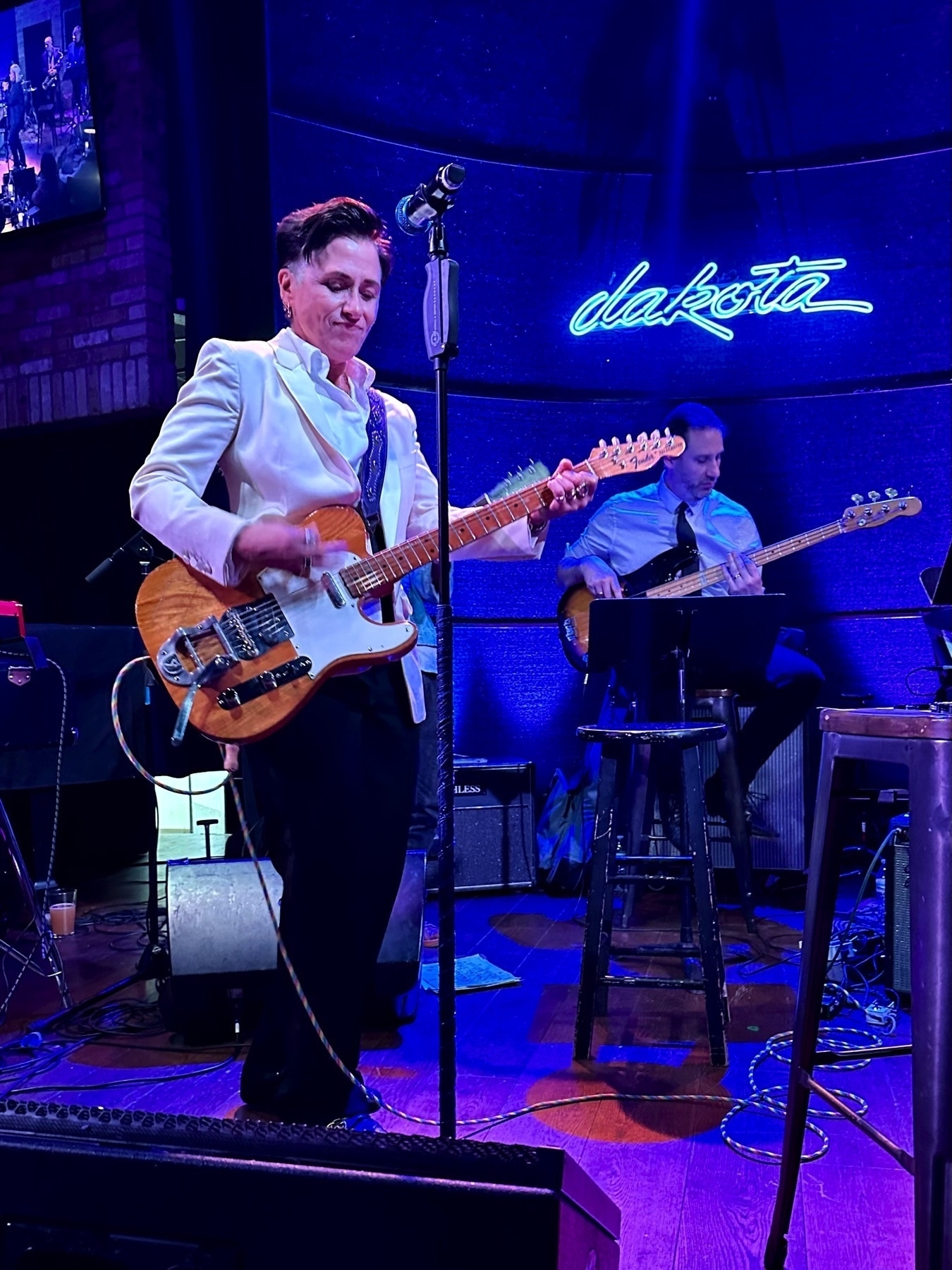
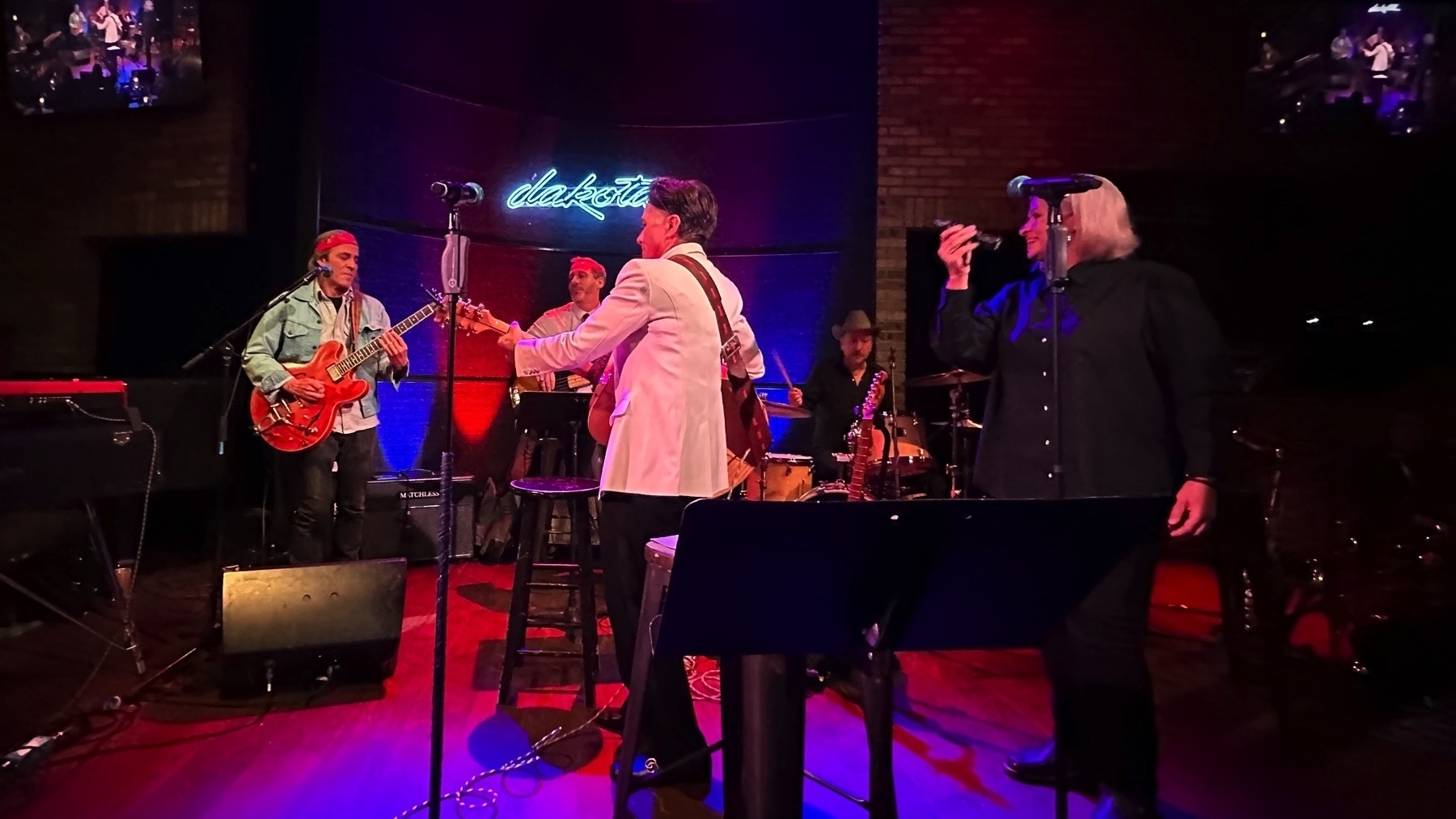
Before the show at The Dakota.
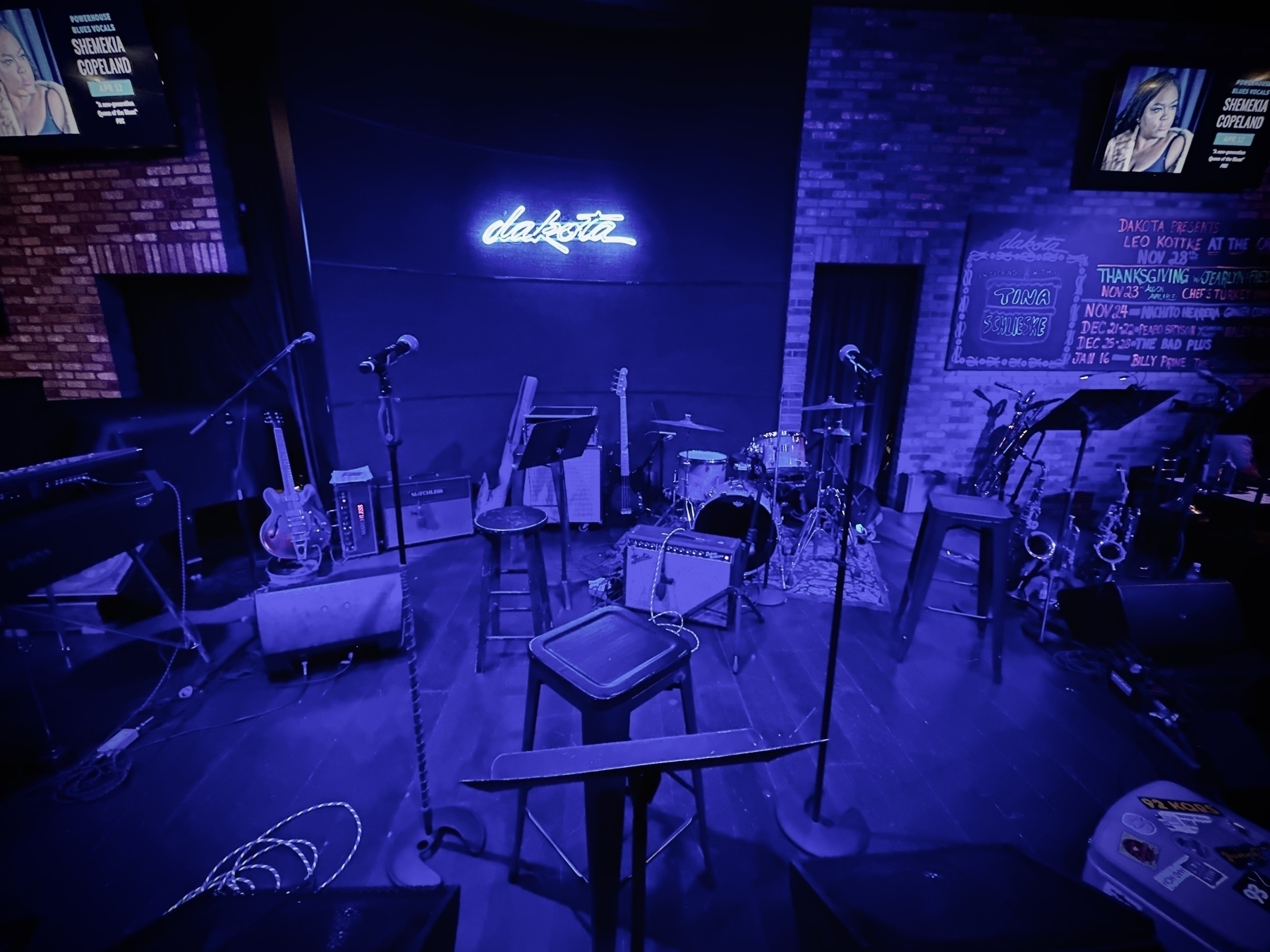
reMarkable — you can do better than this? 😬 No, I’m not going to install Rosetta. I guess I’ll try to get along with using the web browser to import PDFs into my reMarkable.
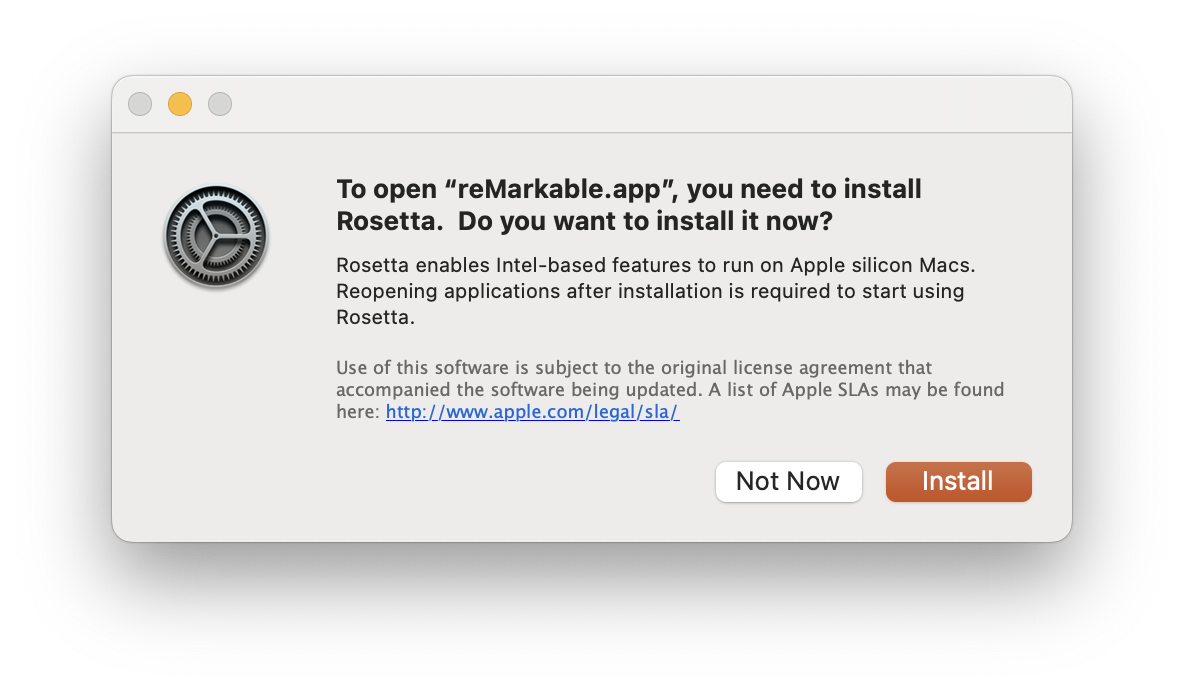
Our team (table 40) had a great time at our Growth Summit 2024 Give Back event building a Piper Computer Kit with a Piper Make Rover. Team SPS made over 180 of these combos in partnership with Create MPLS to give to kids in school for STEM classes! 🧑🔬
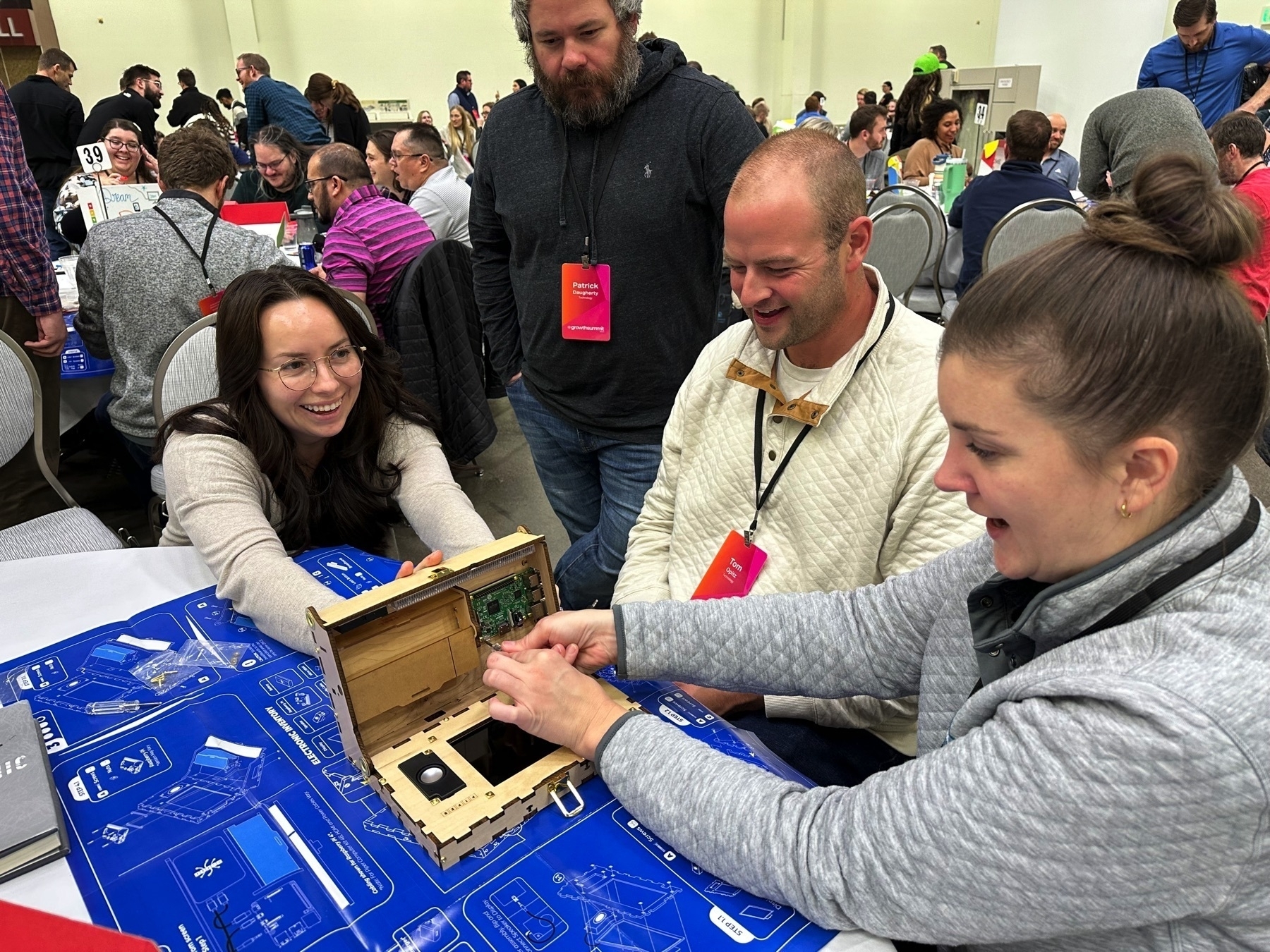
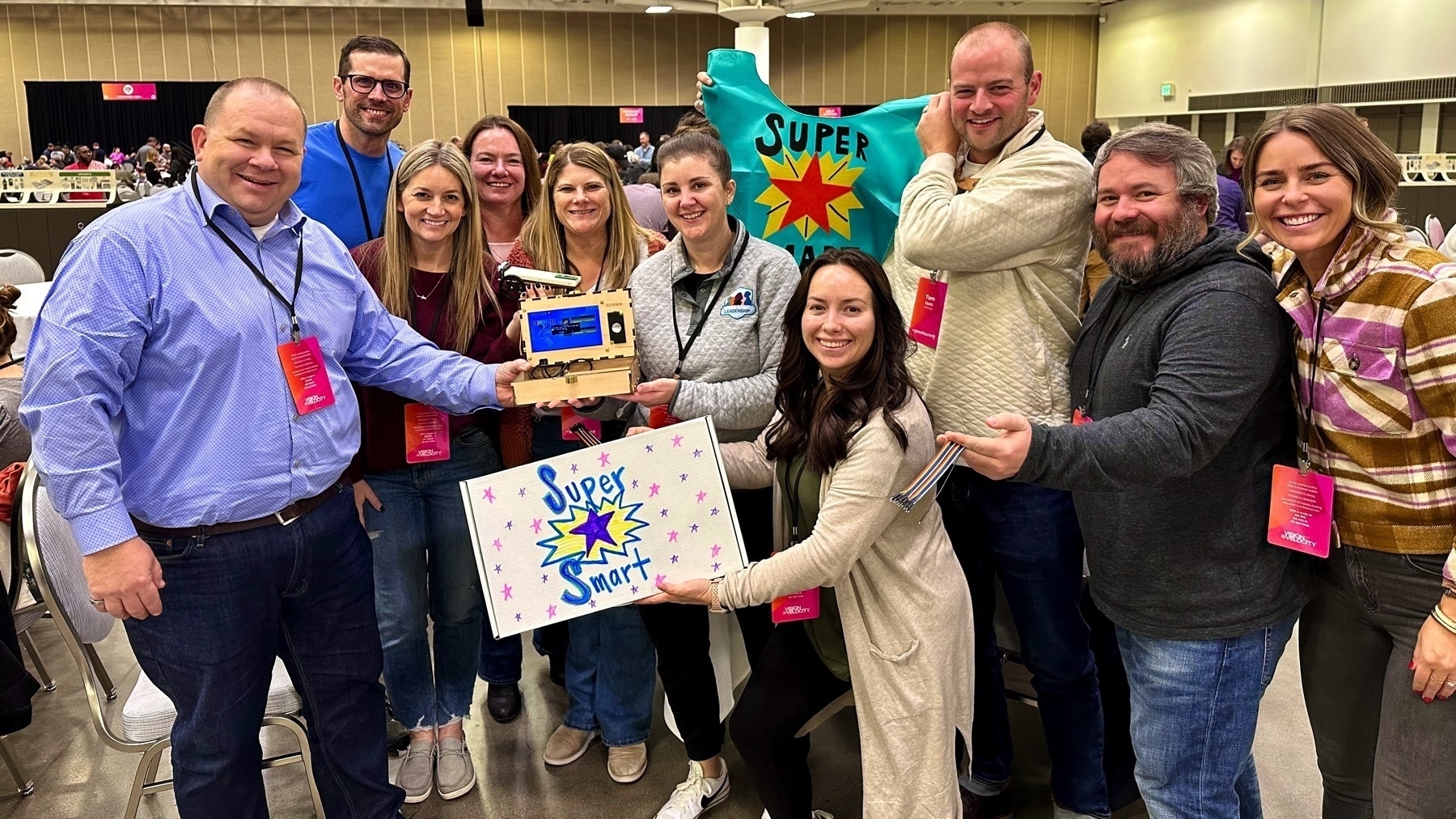
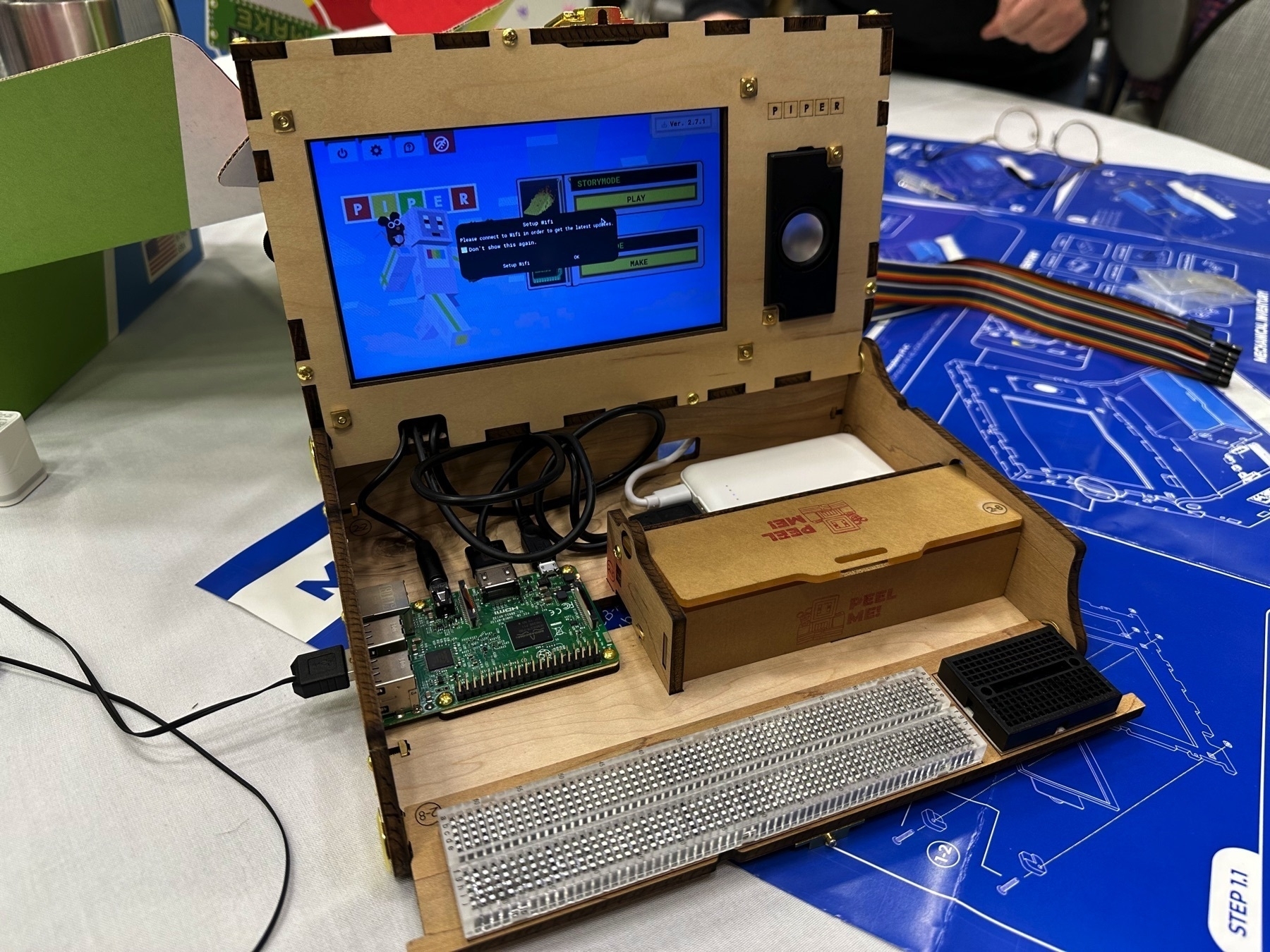
Growth Summit 2024
We had an amazing Growth Summit 2024 with Team SPS today! We had our North American team in person with over 1,500 in the Minneapolis Convention Center. It was Chad Collins first Growth Summit as our new CEO, we got to celebrate our wins, and had a tremendous keynote from Mike Walsh. 👏
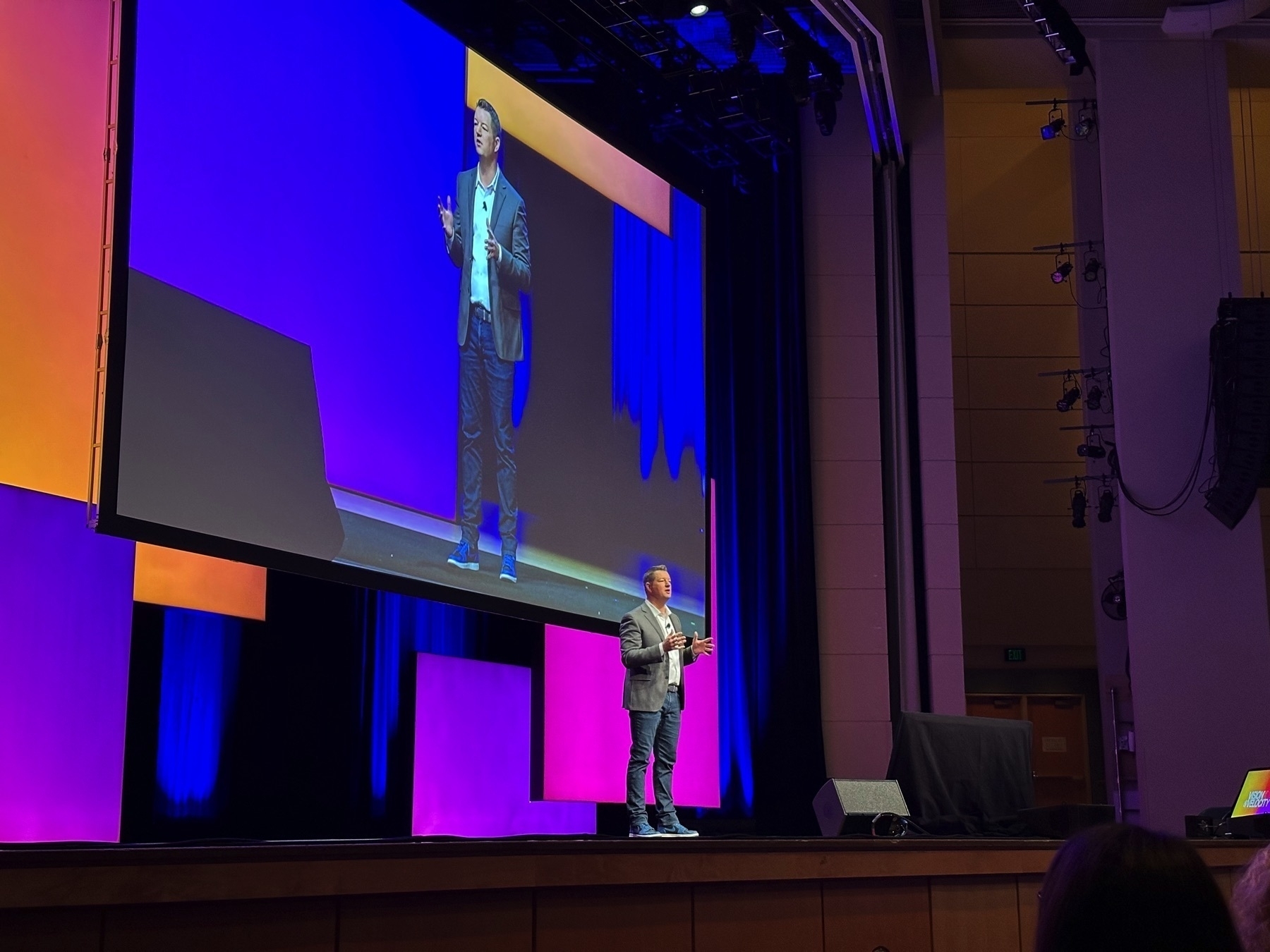
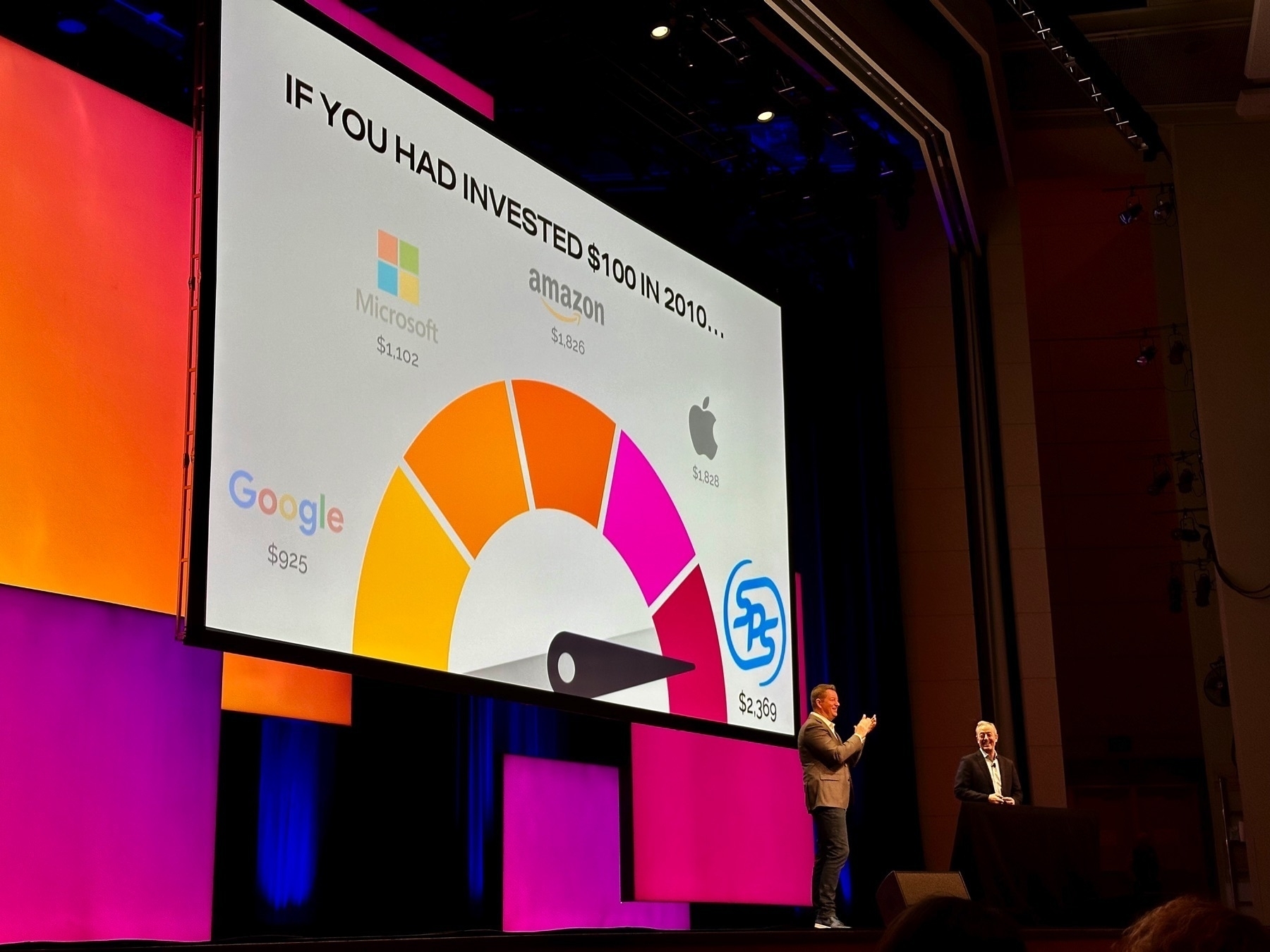
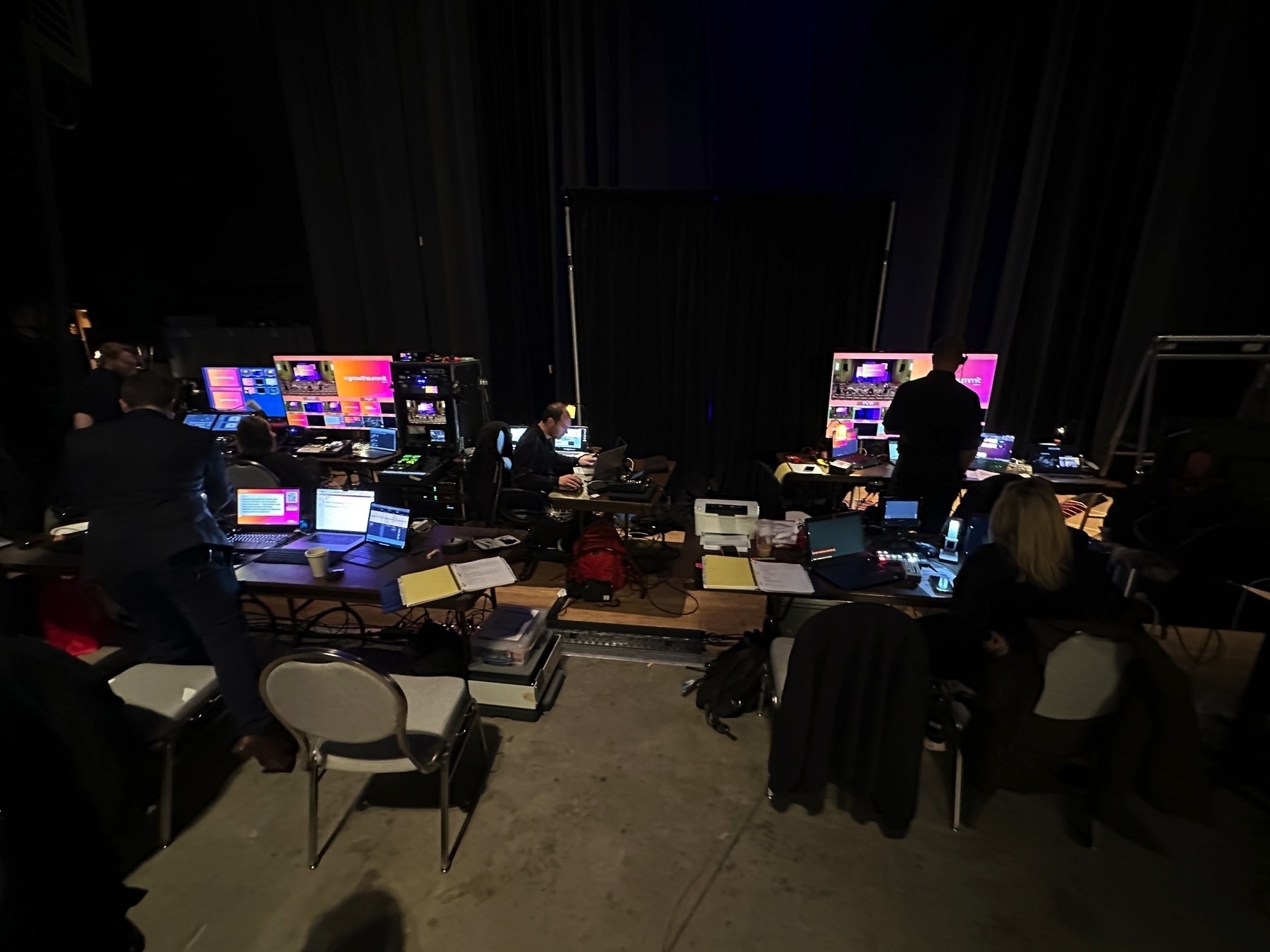
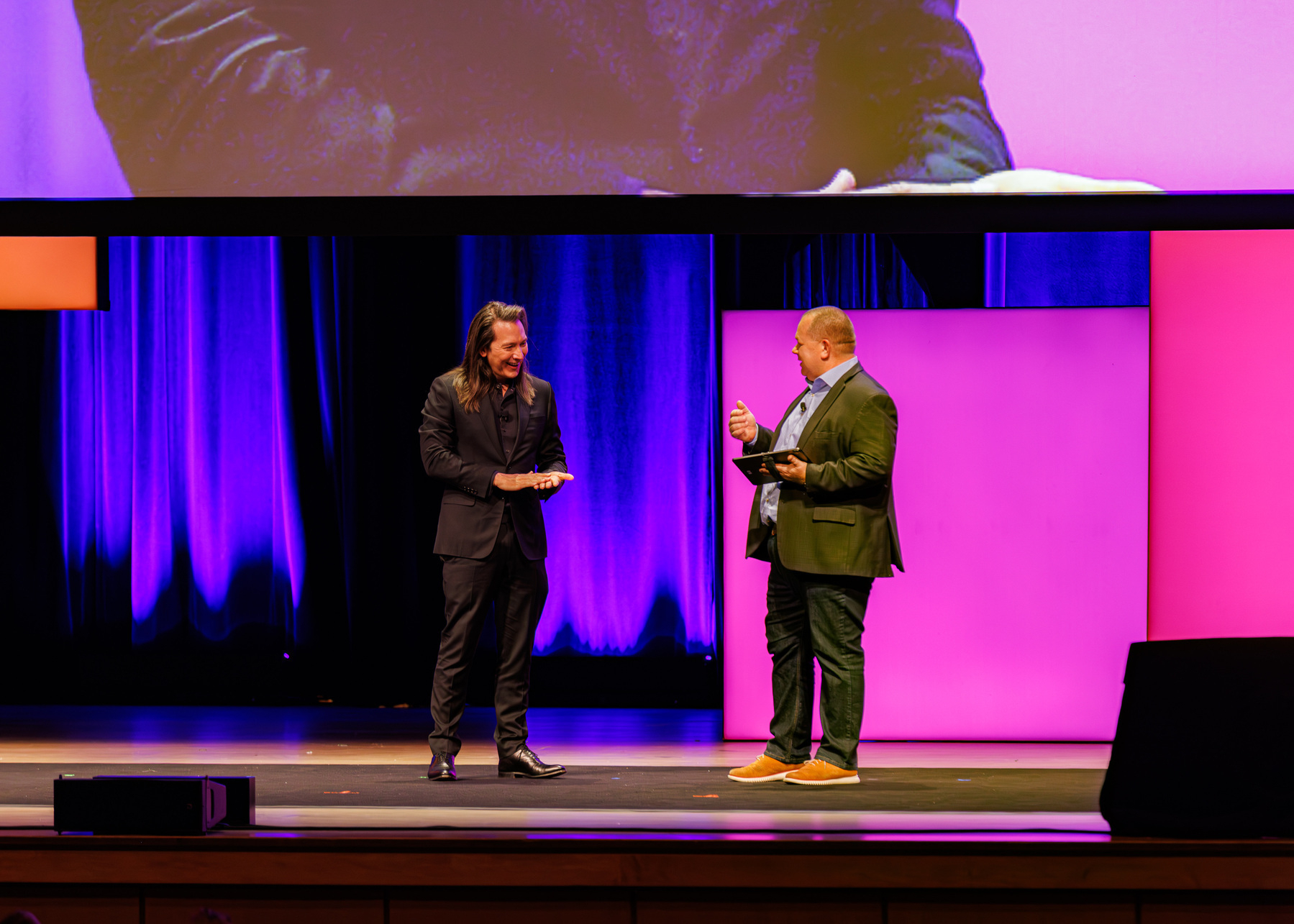
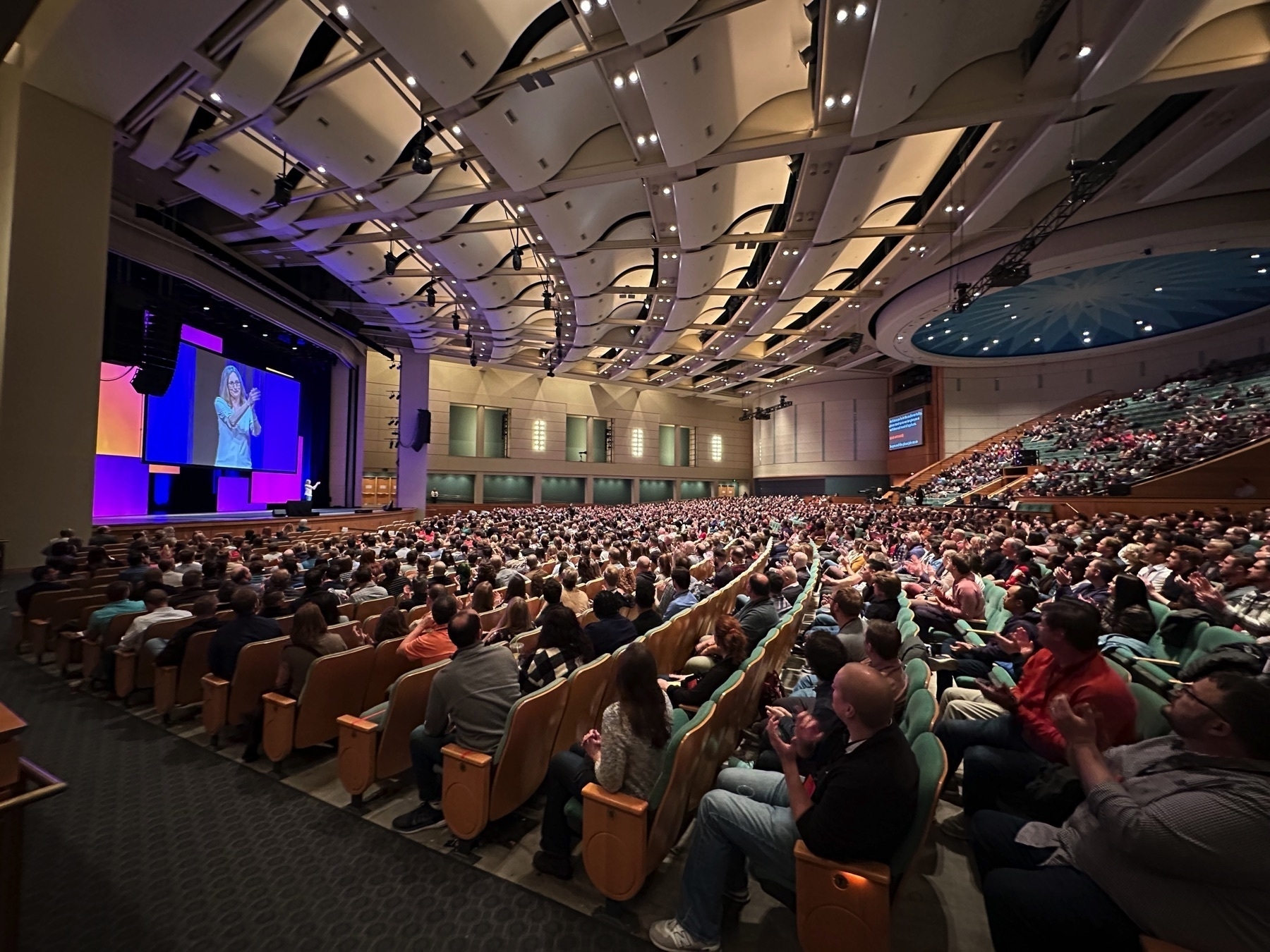
I voted! Just one election on the ballot so was fast. Minnesota does a great job running polling places. OmniFocus shirt seemed like a good tie in.
